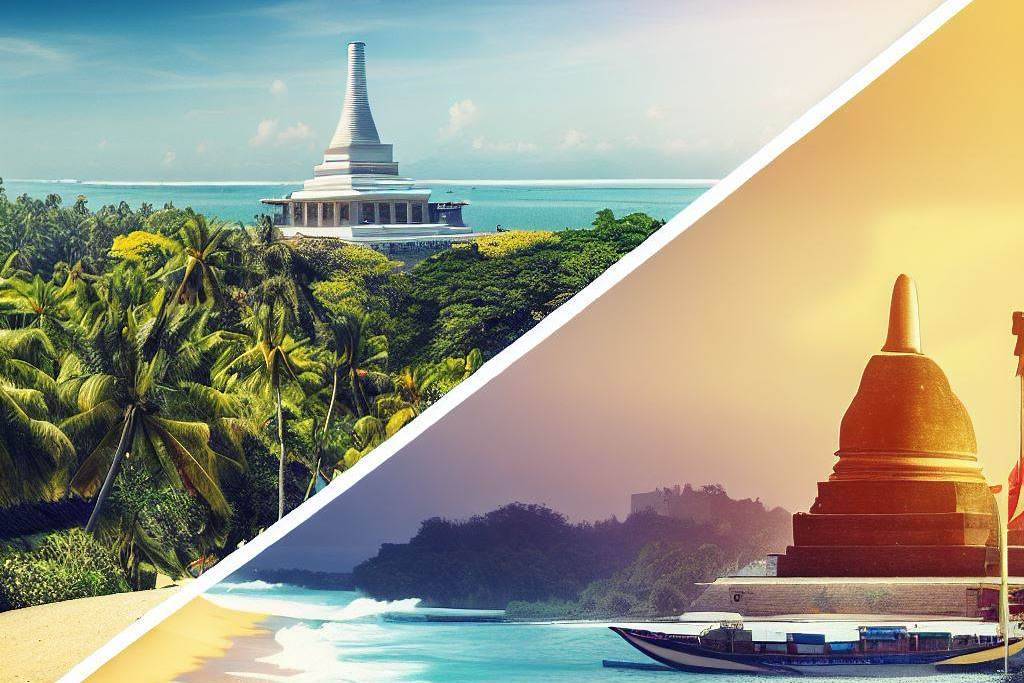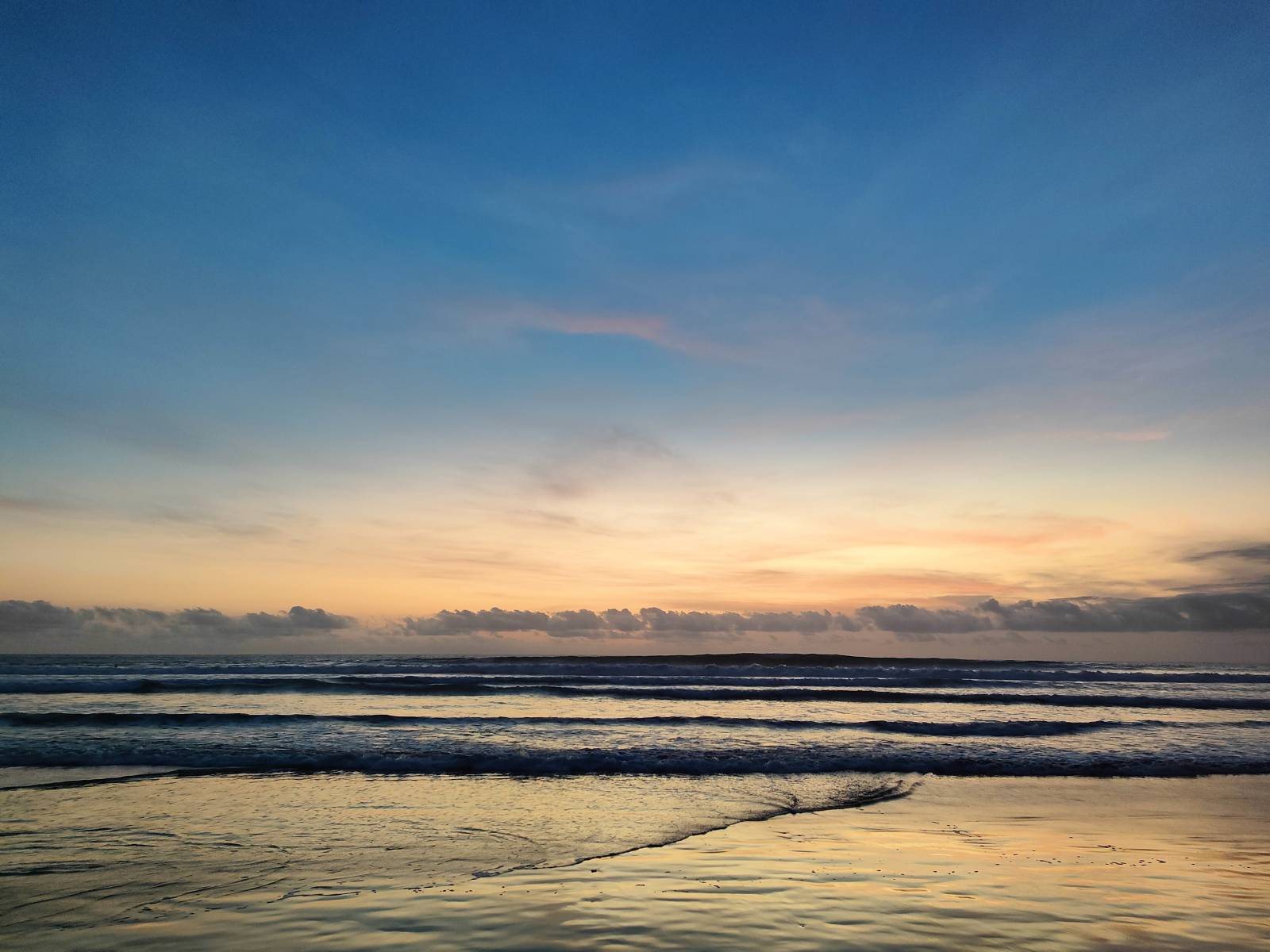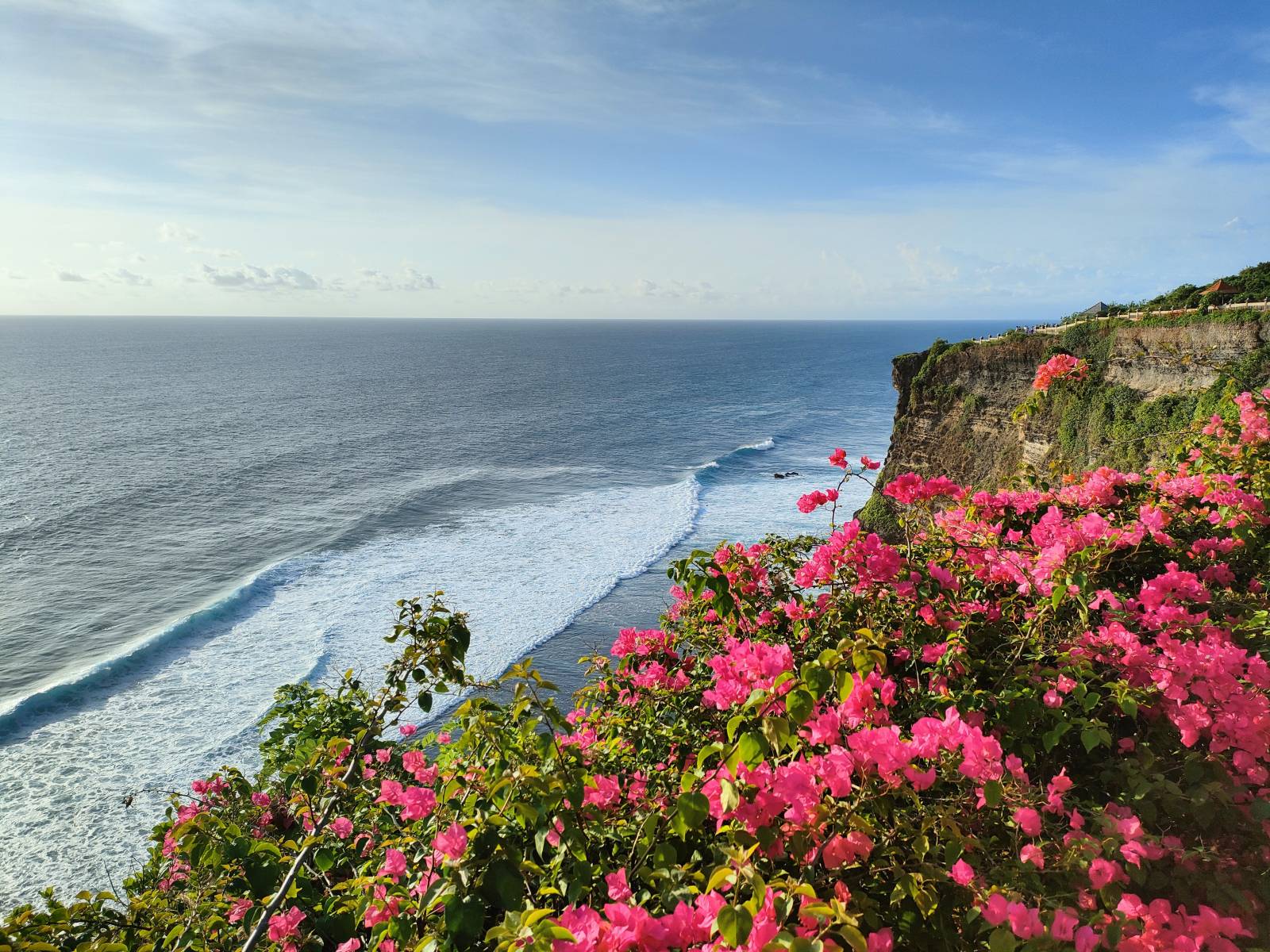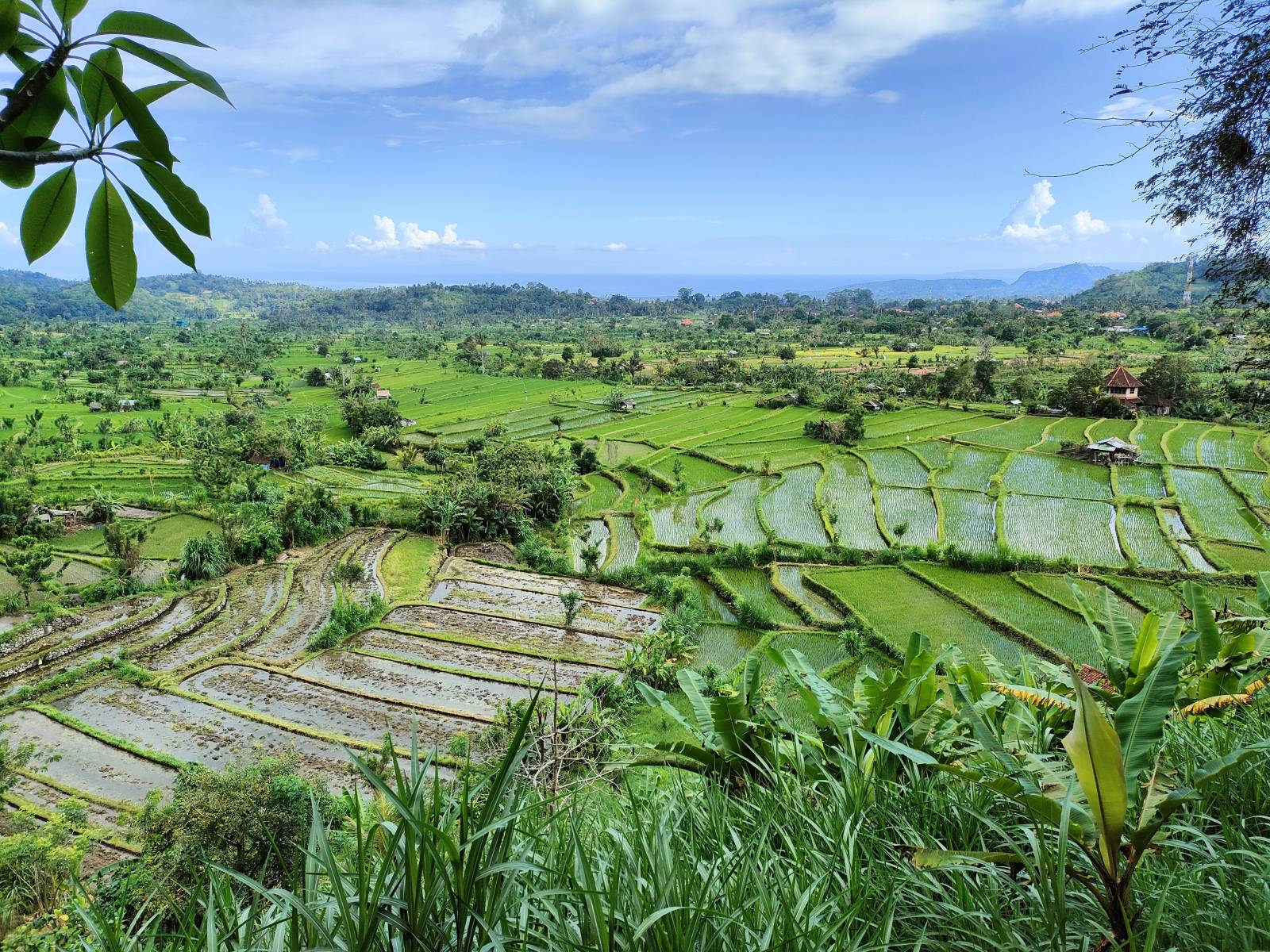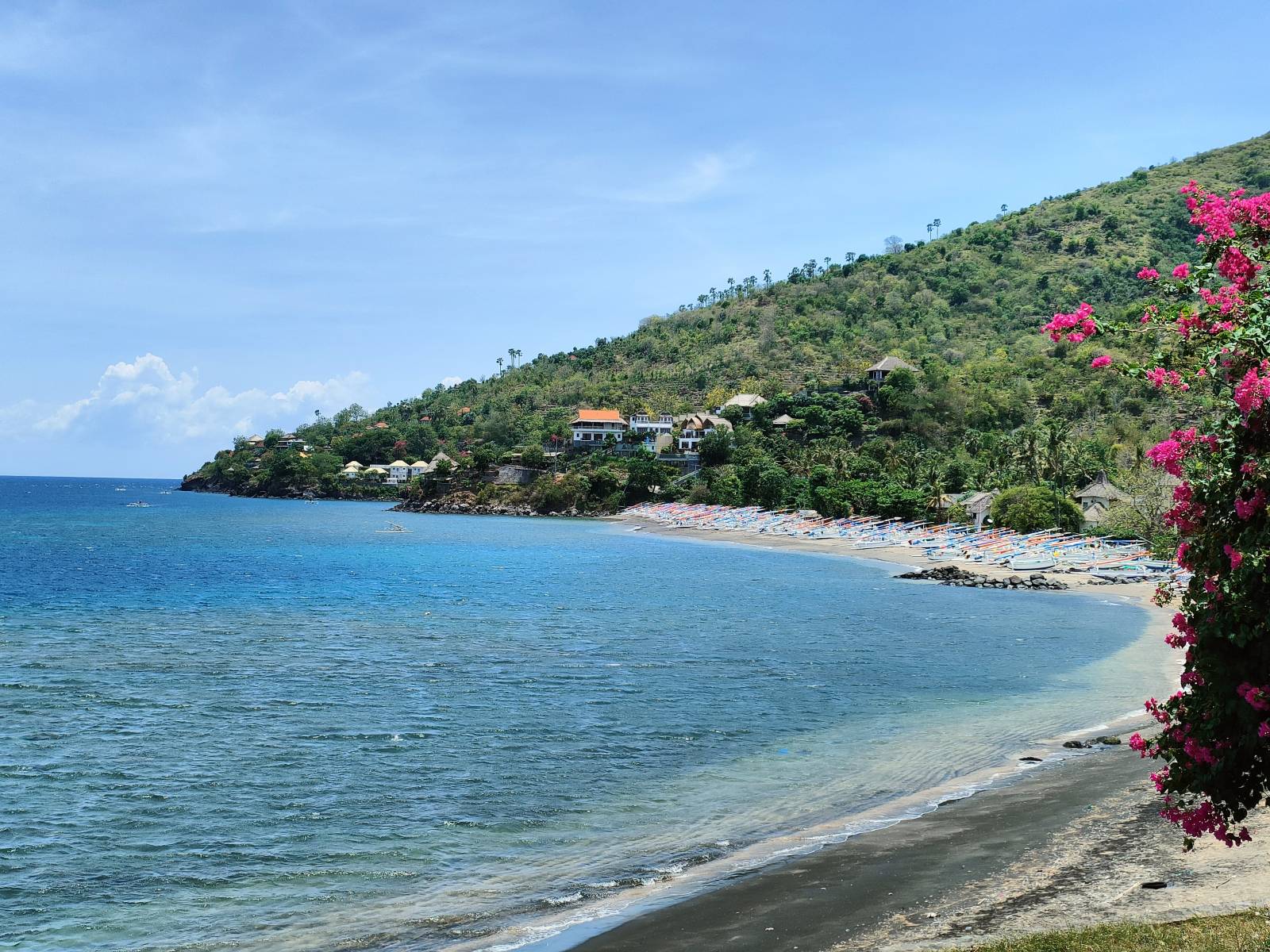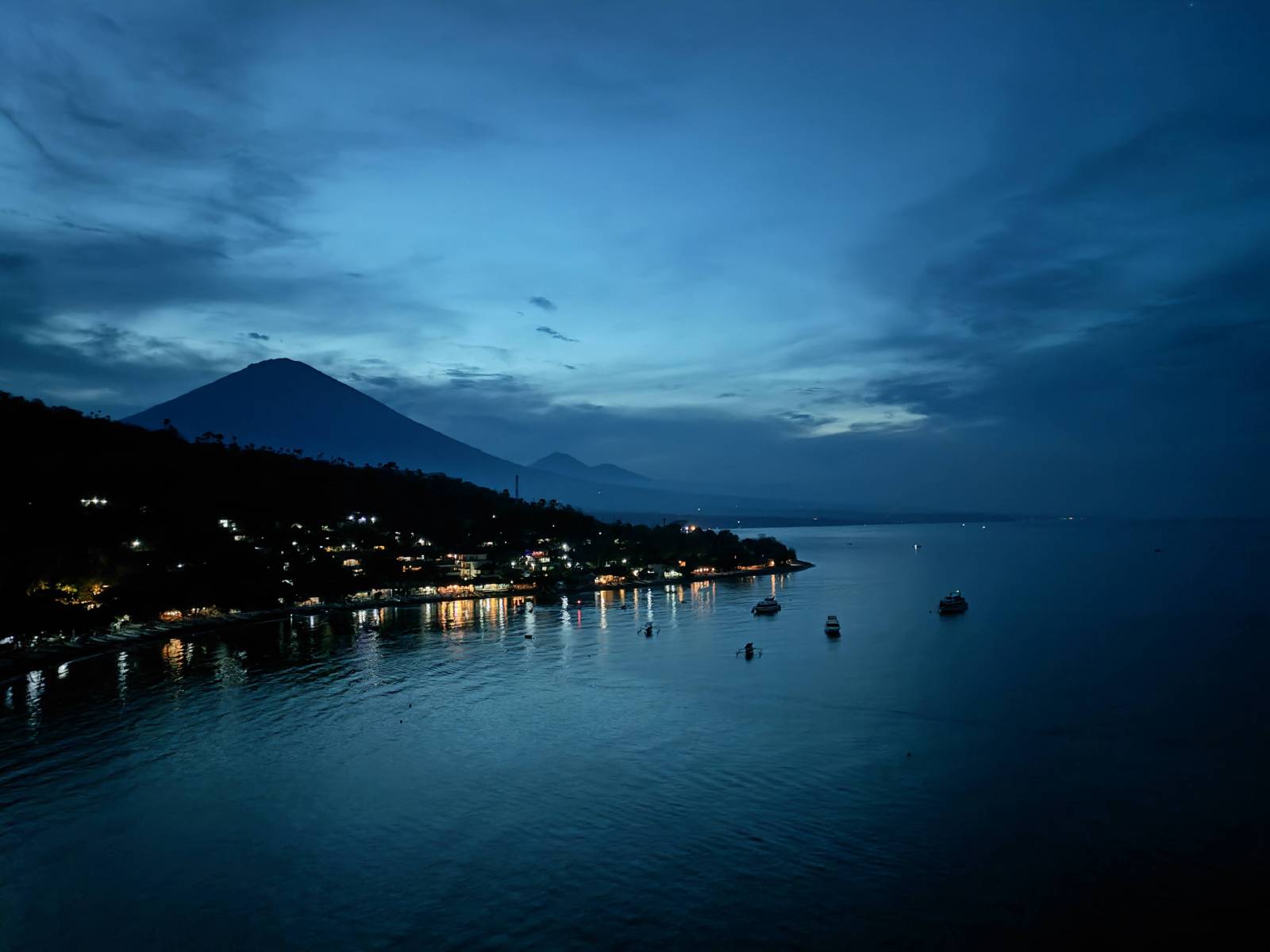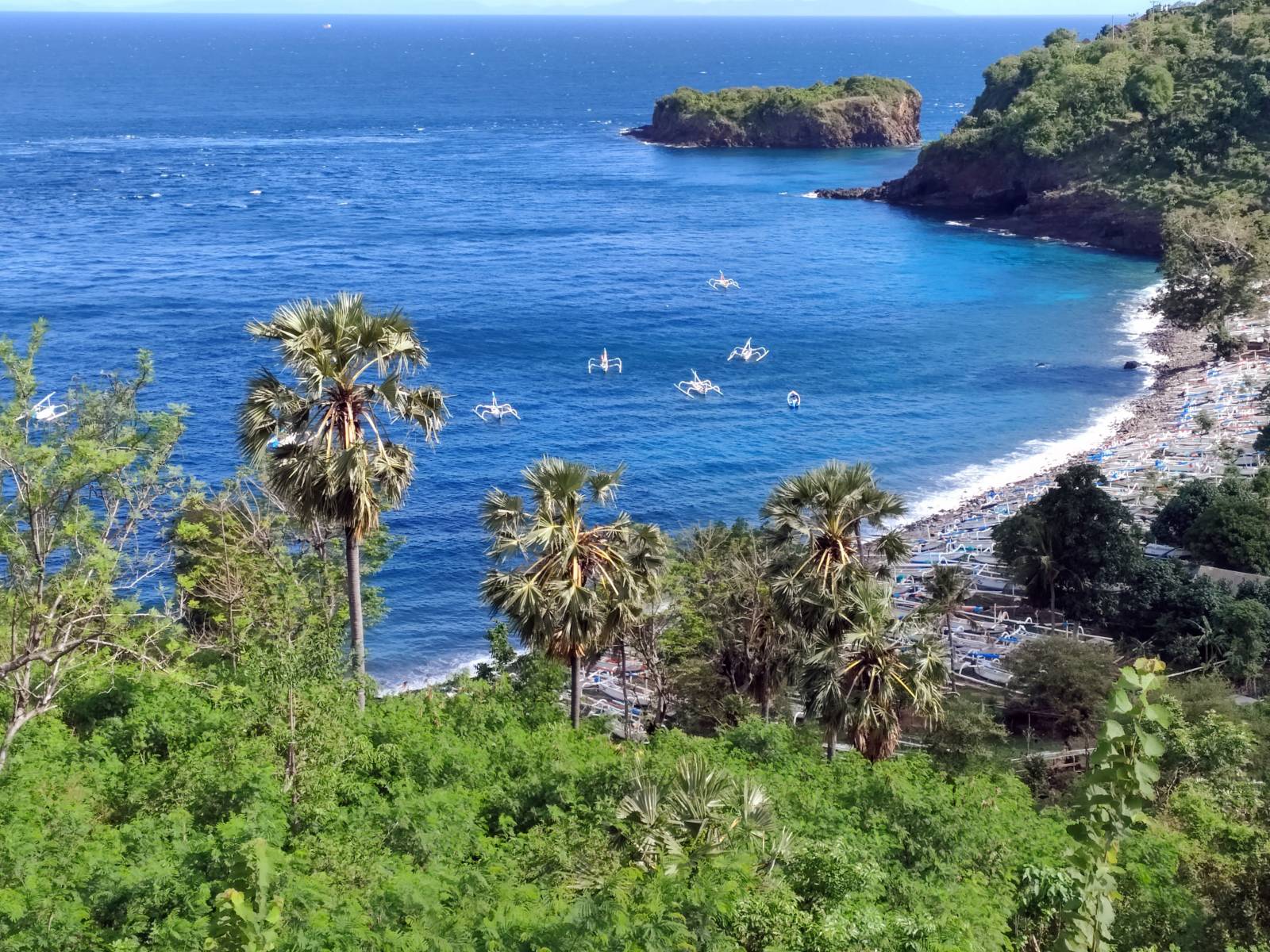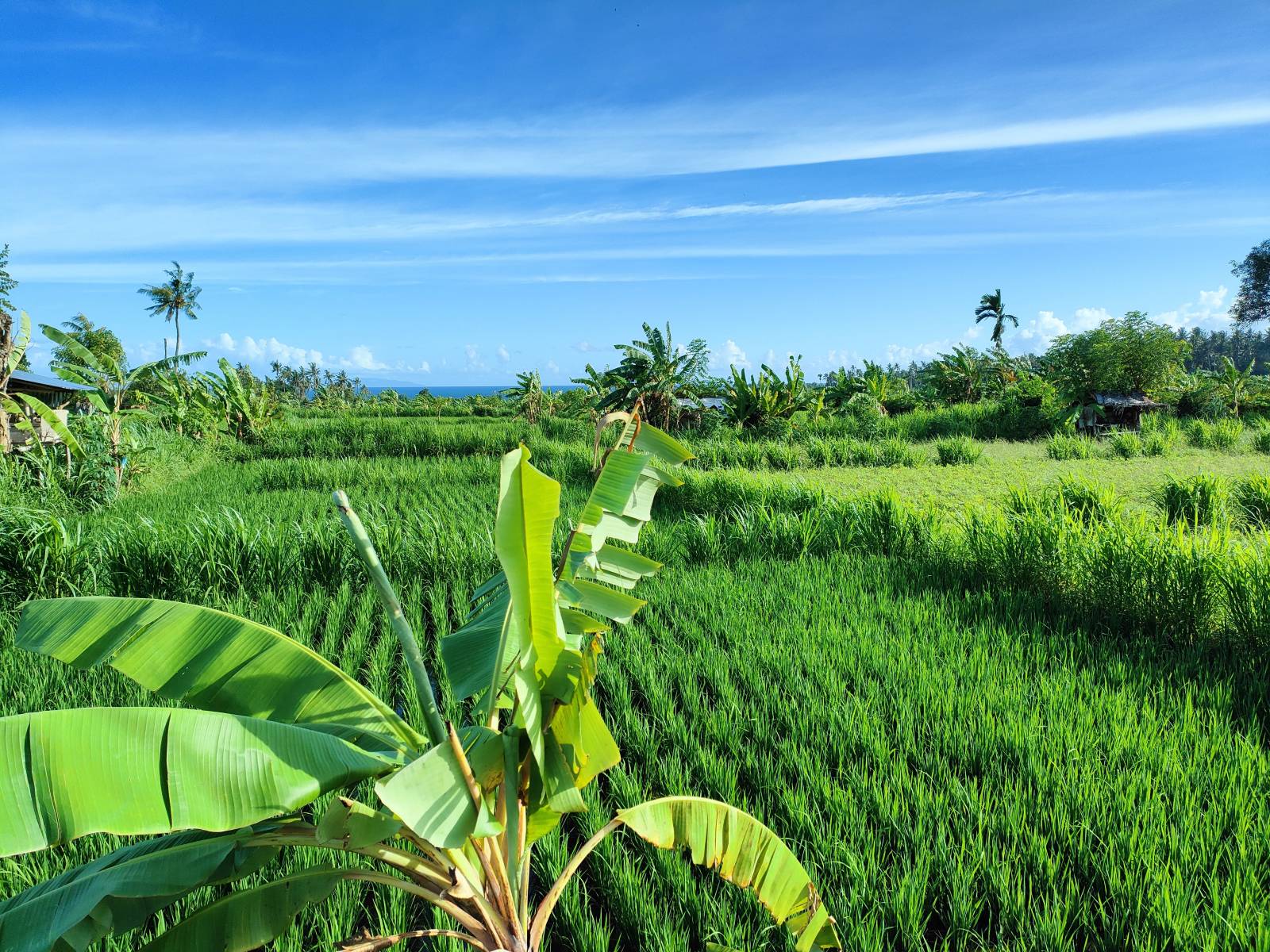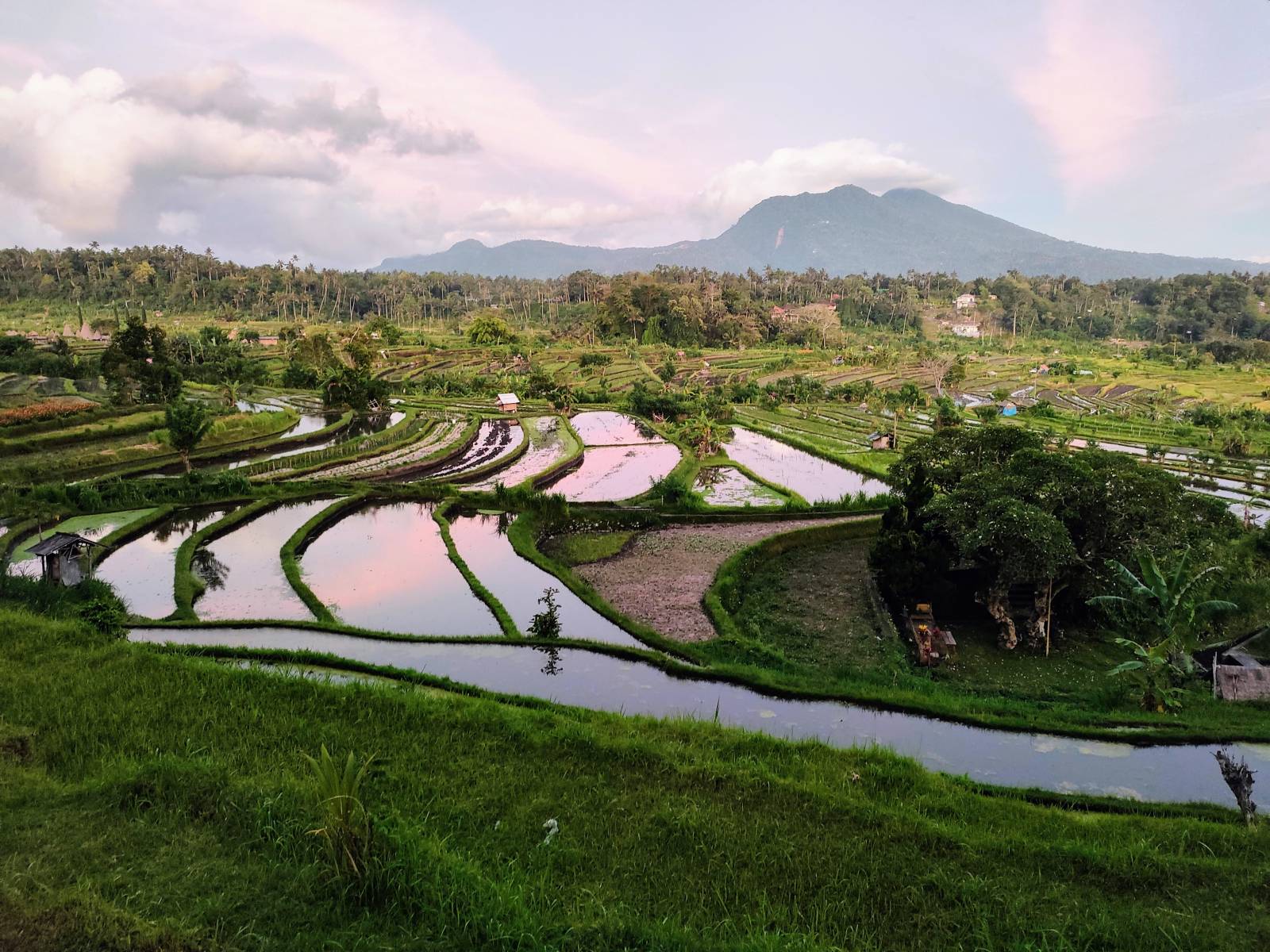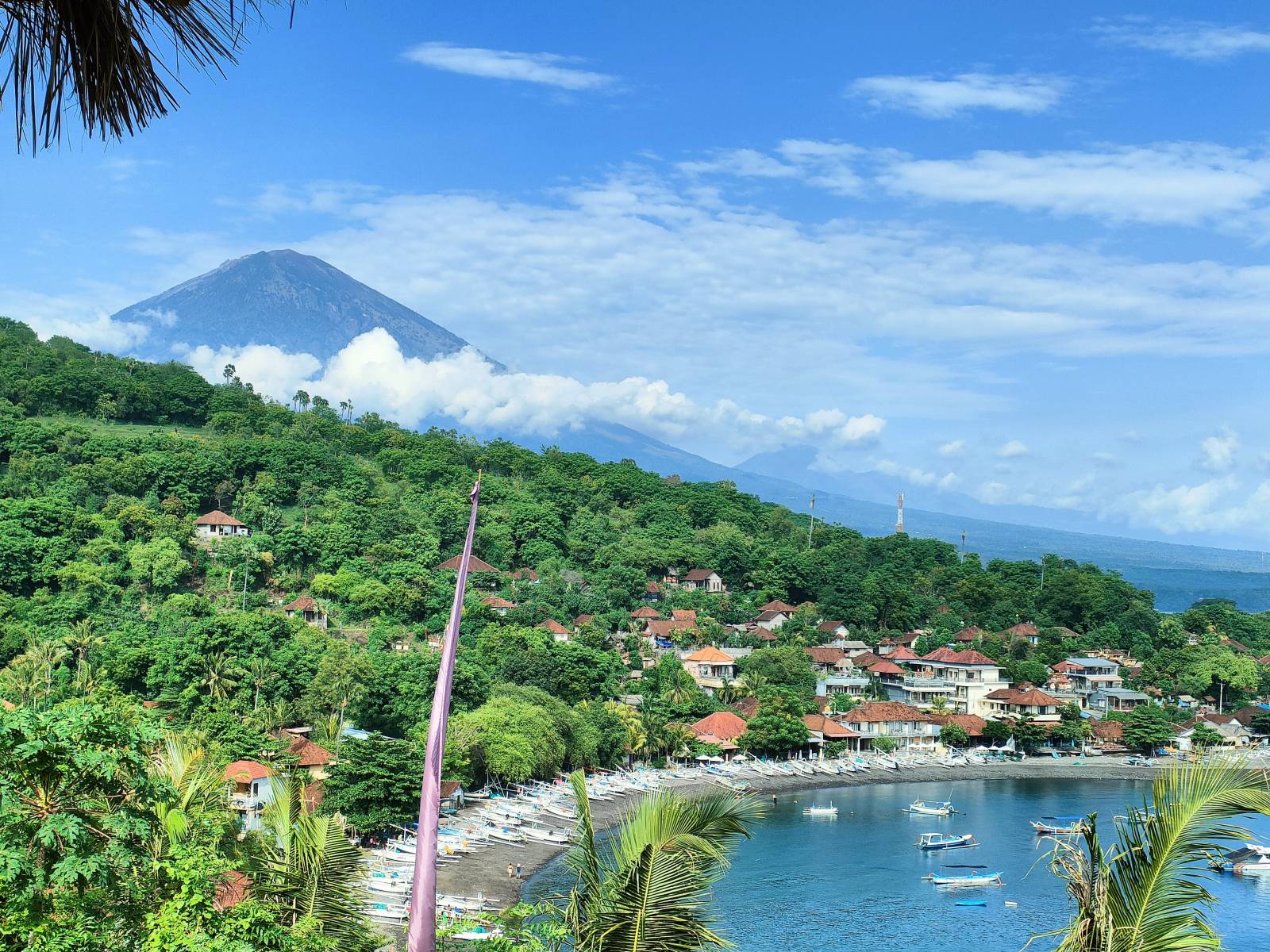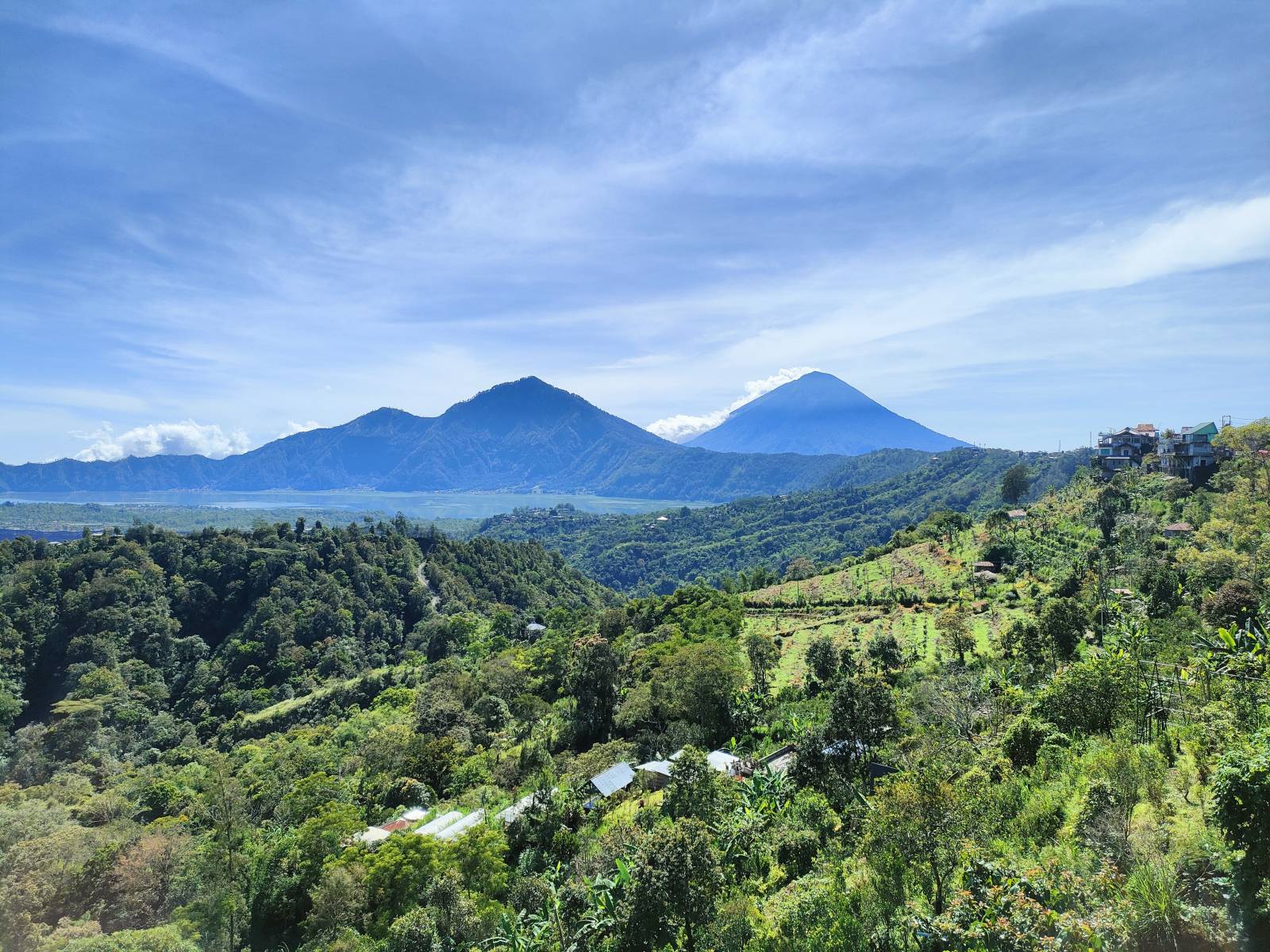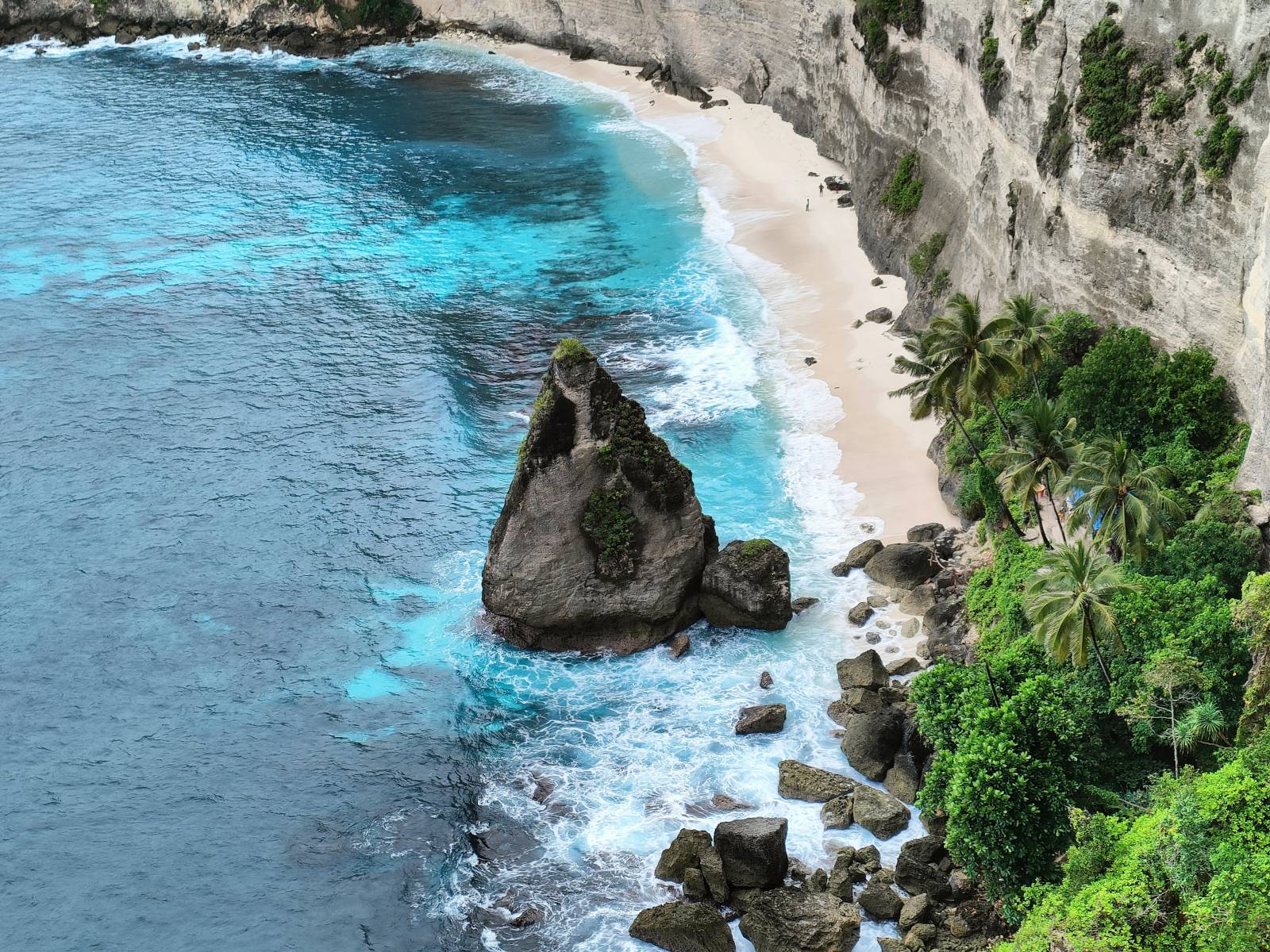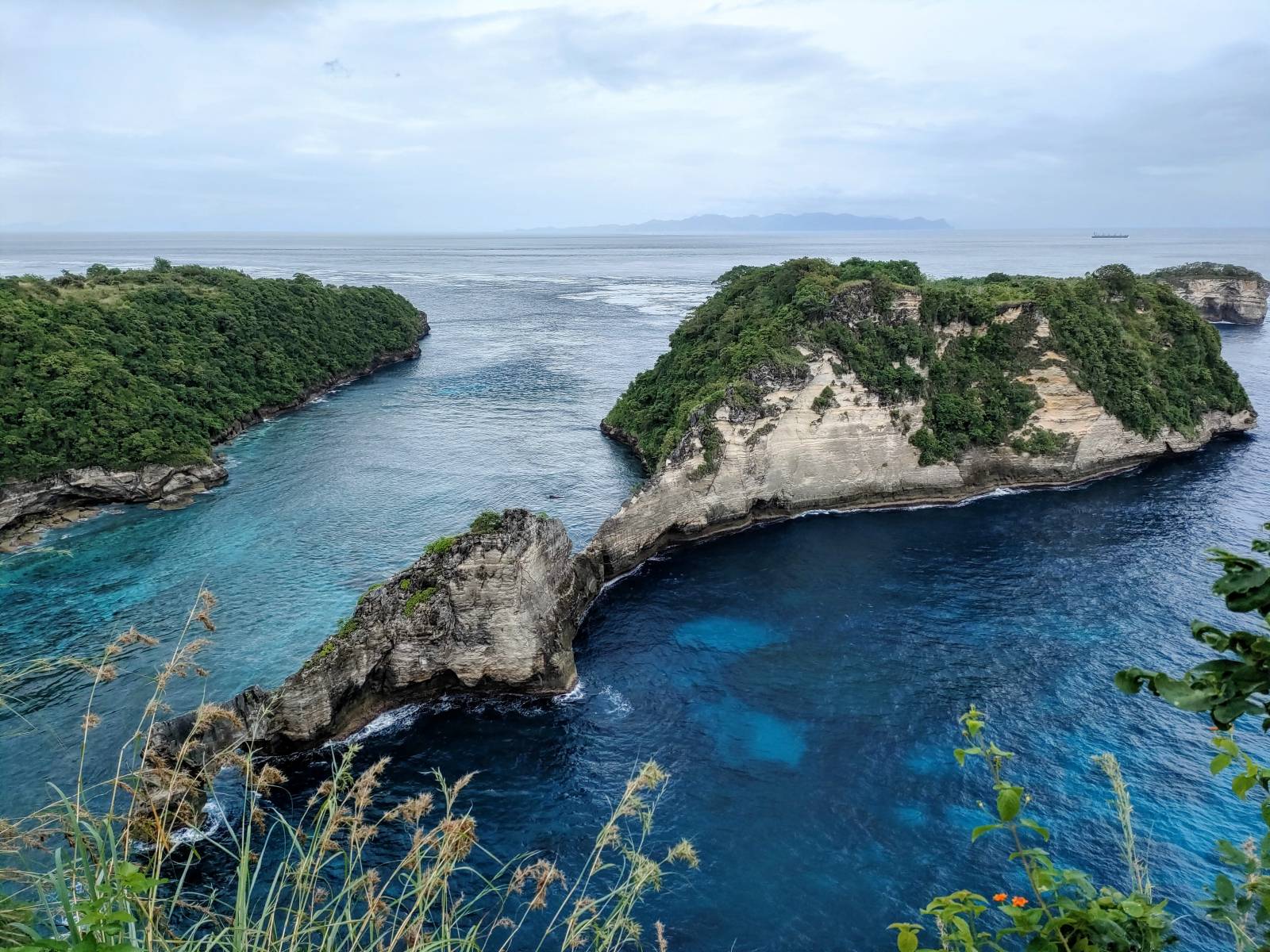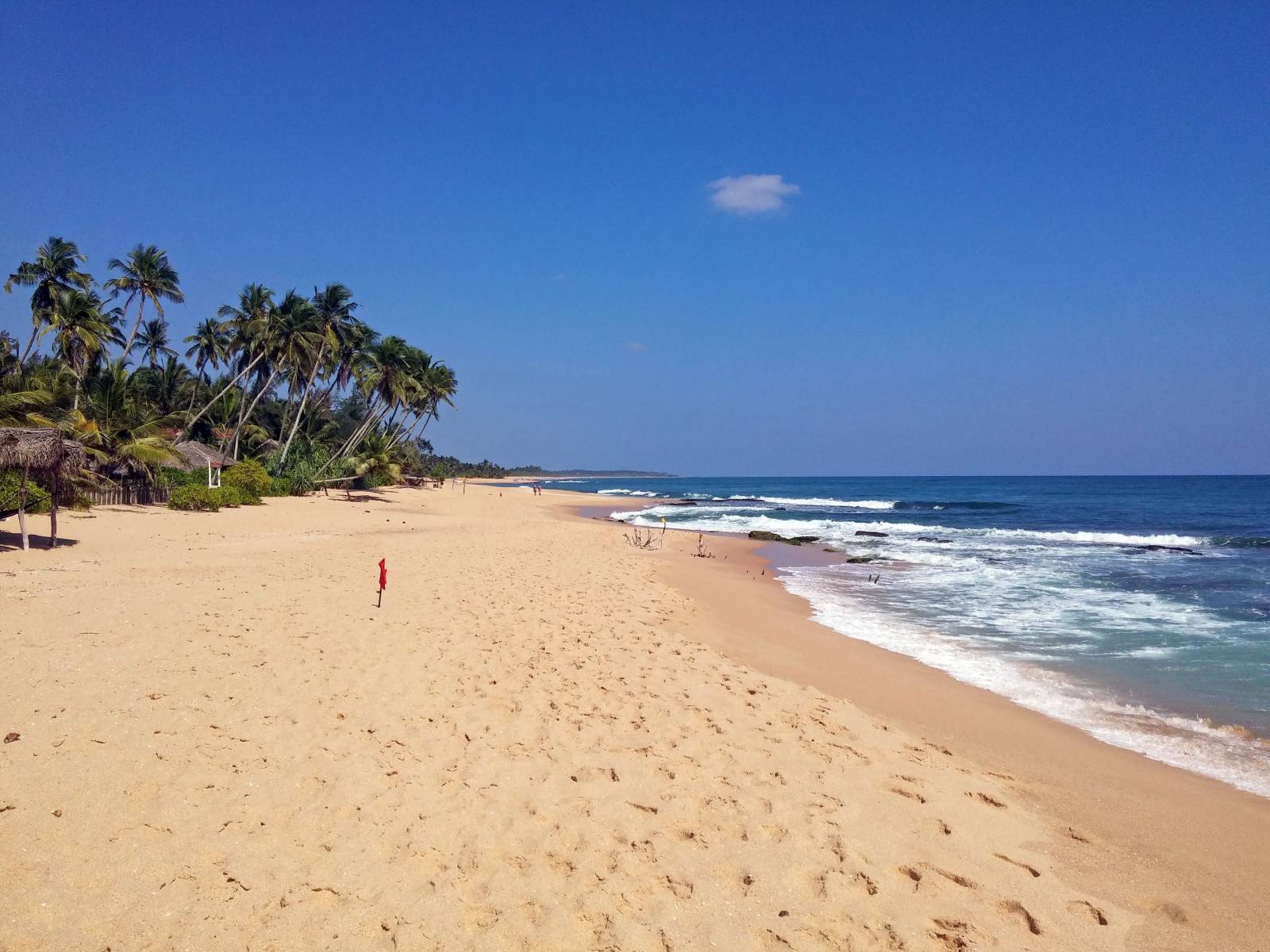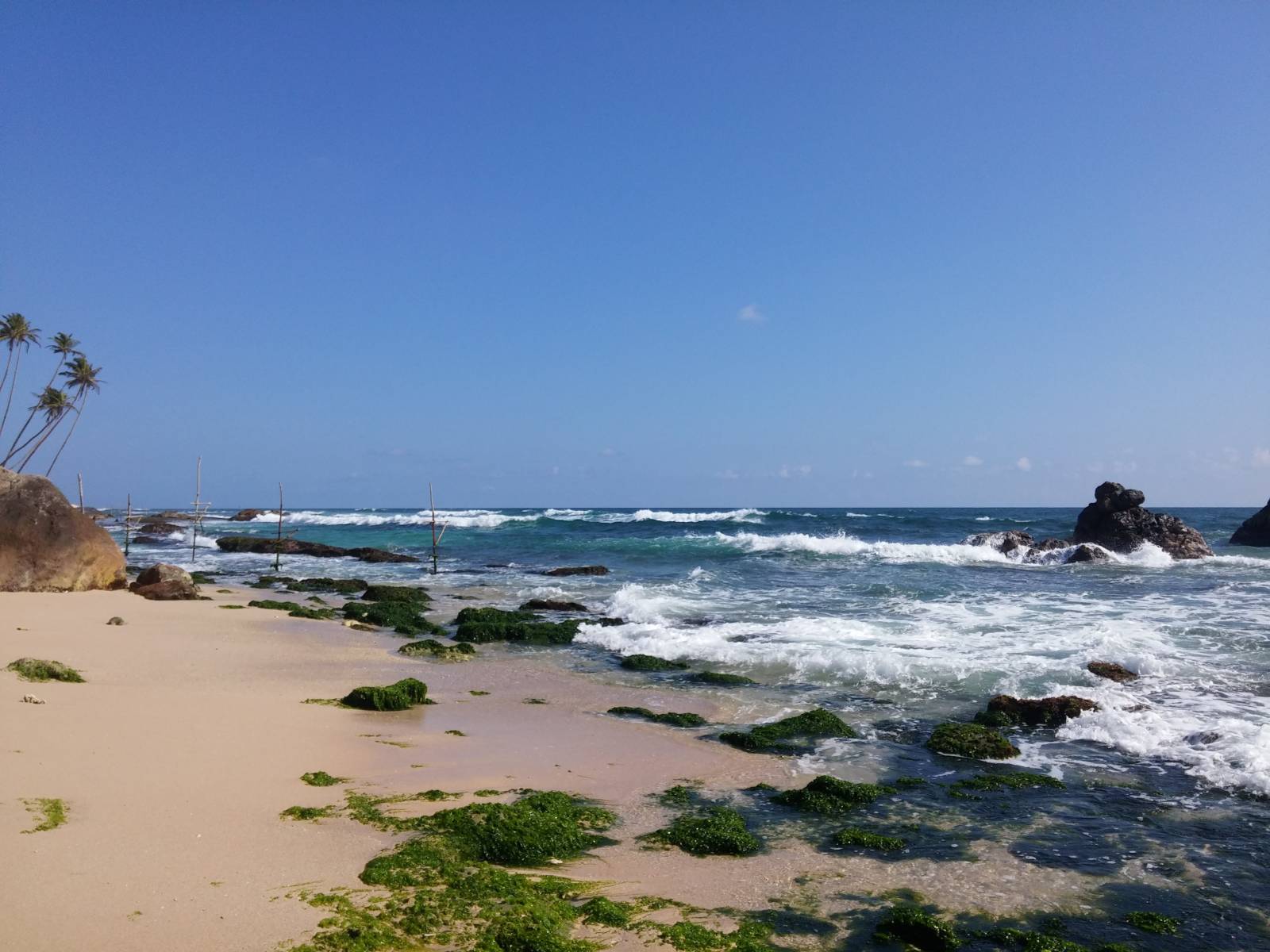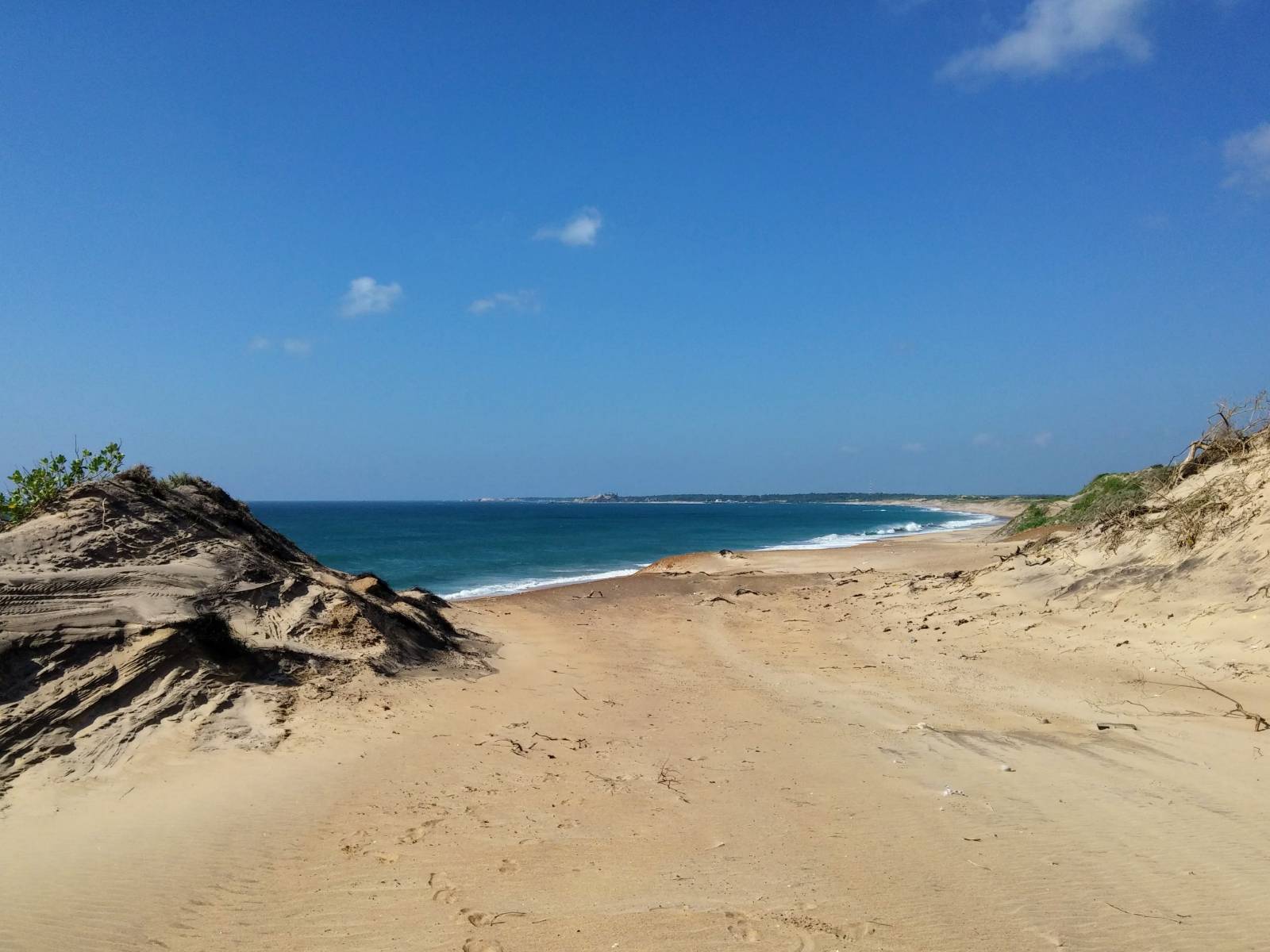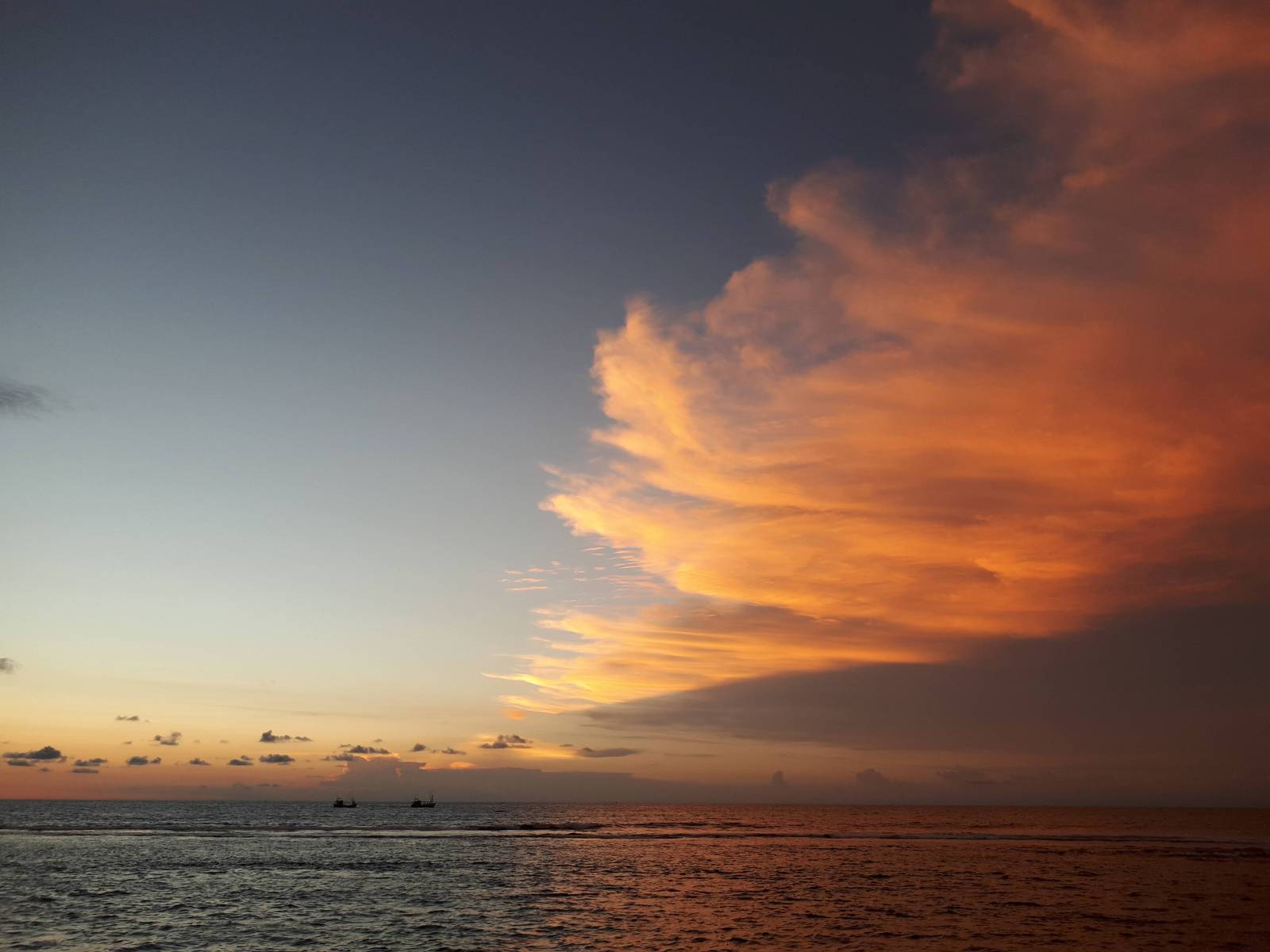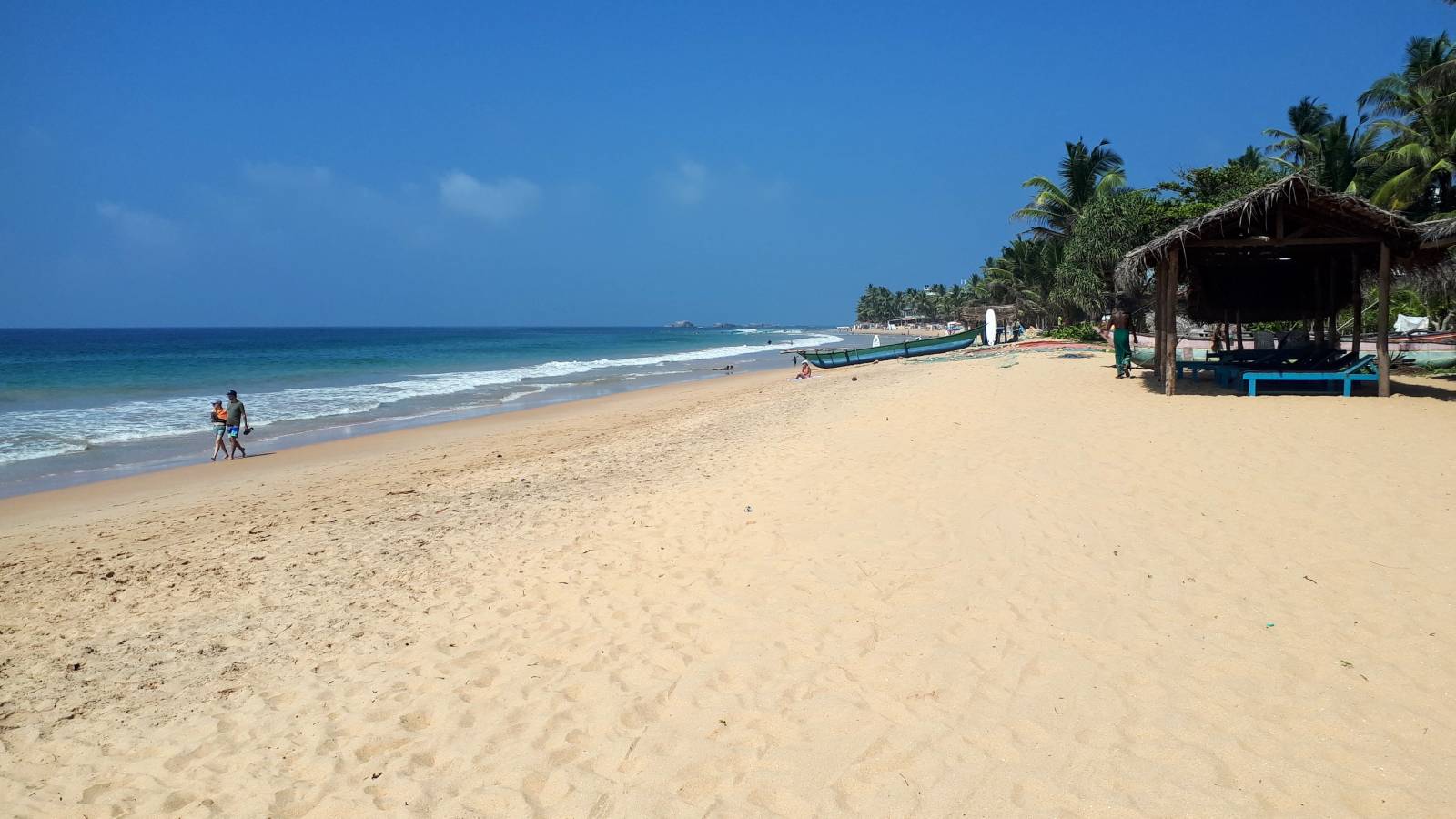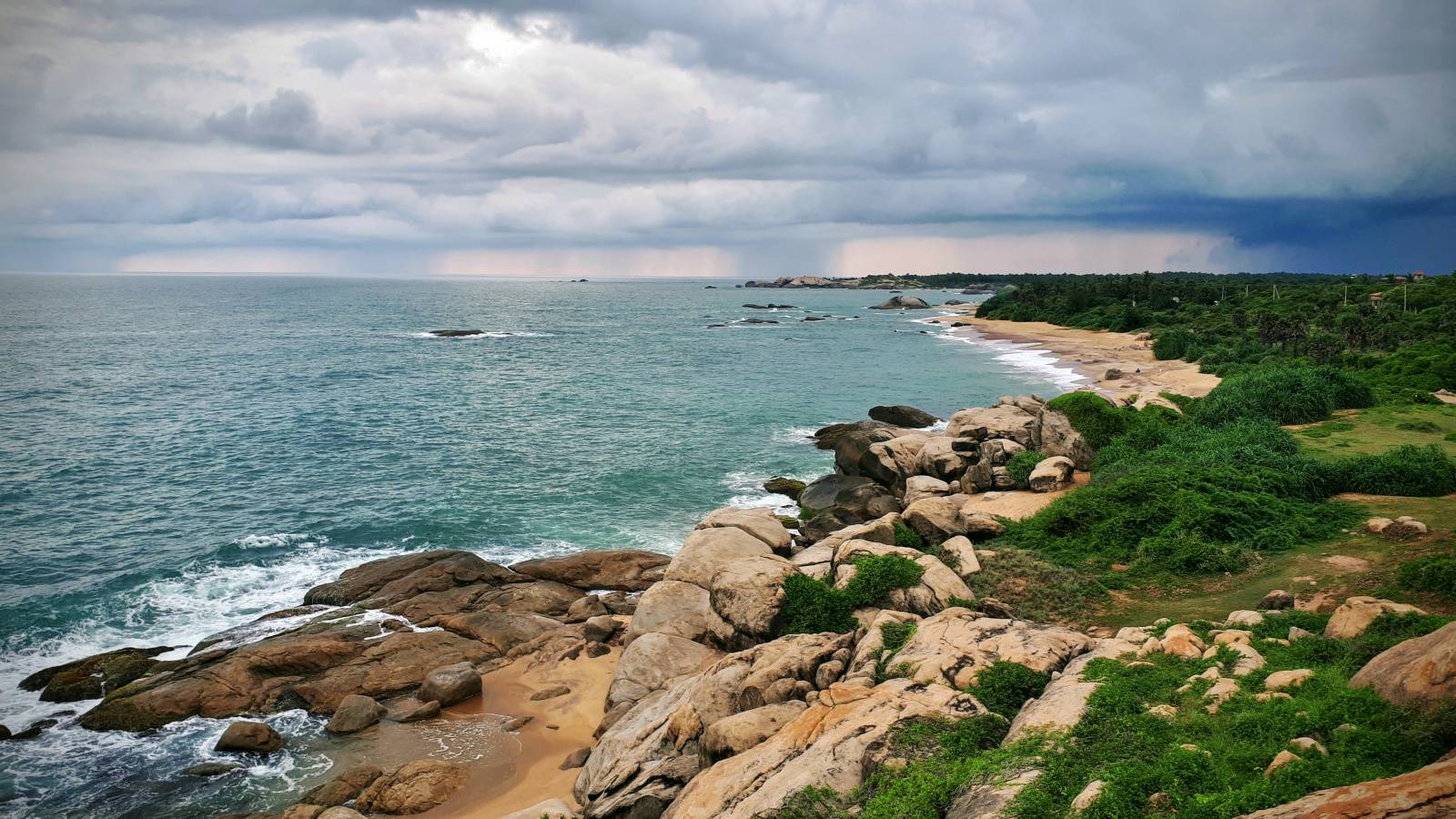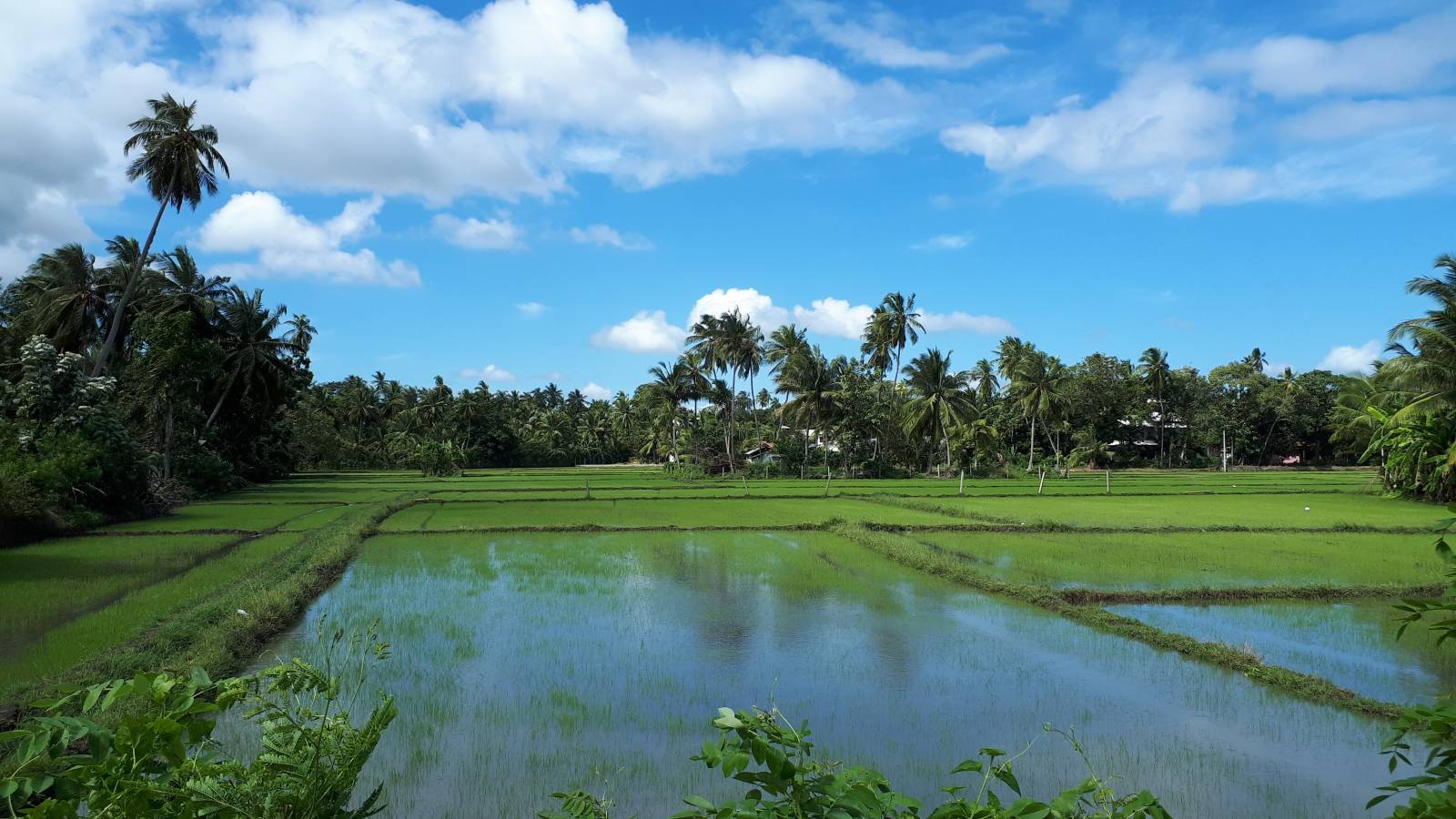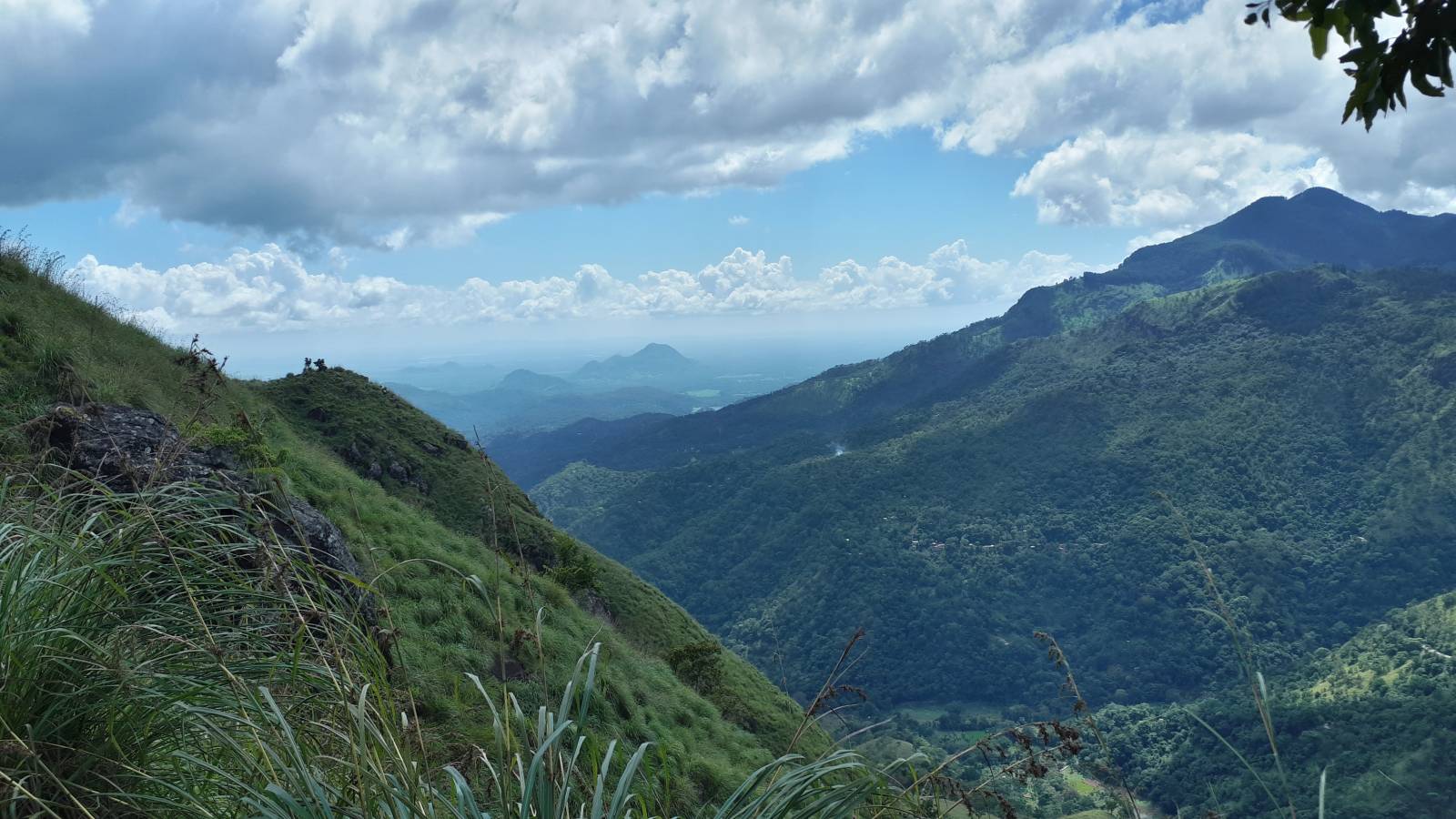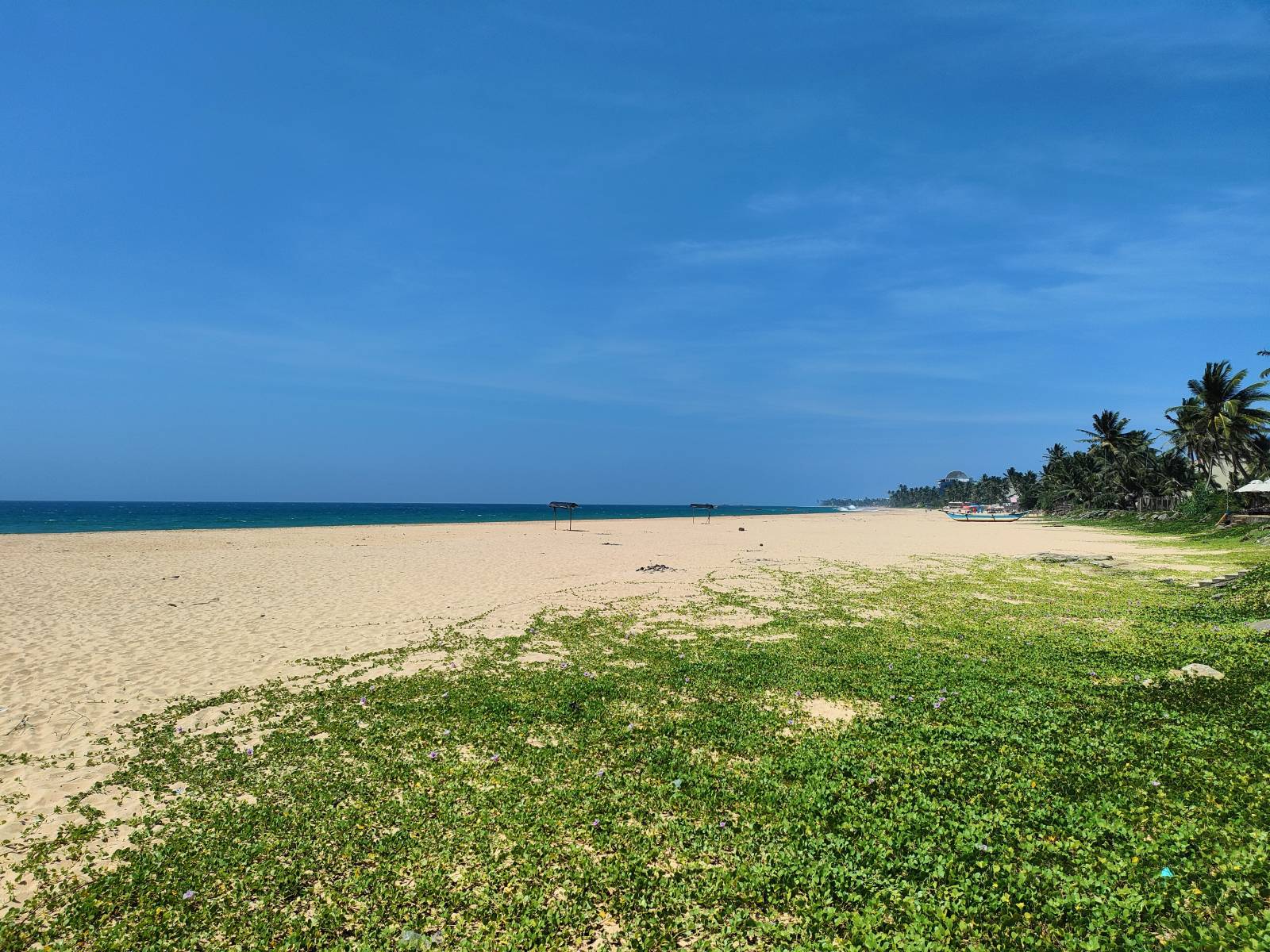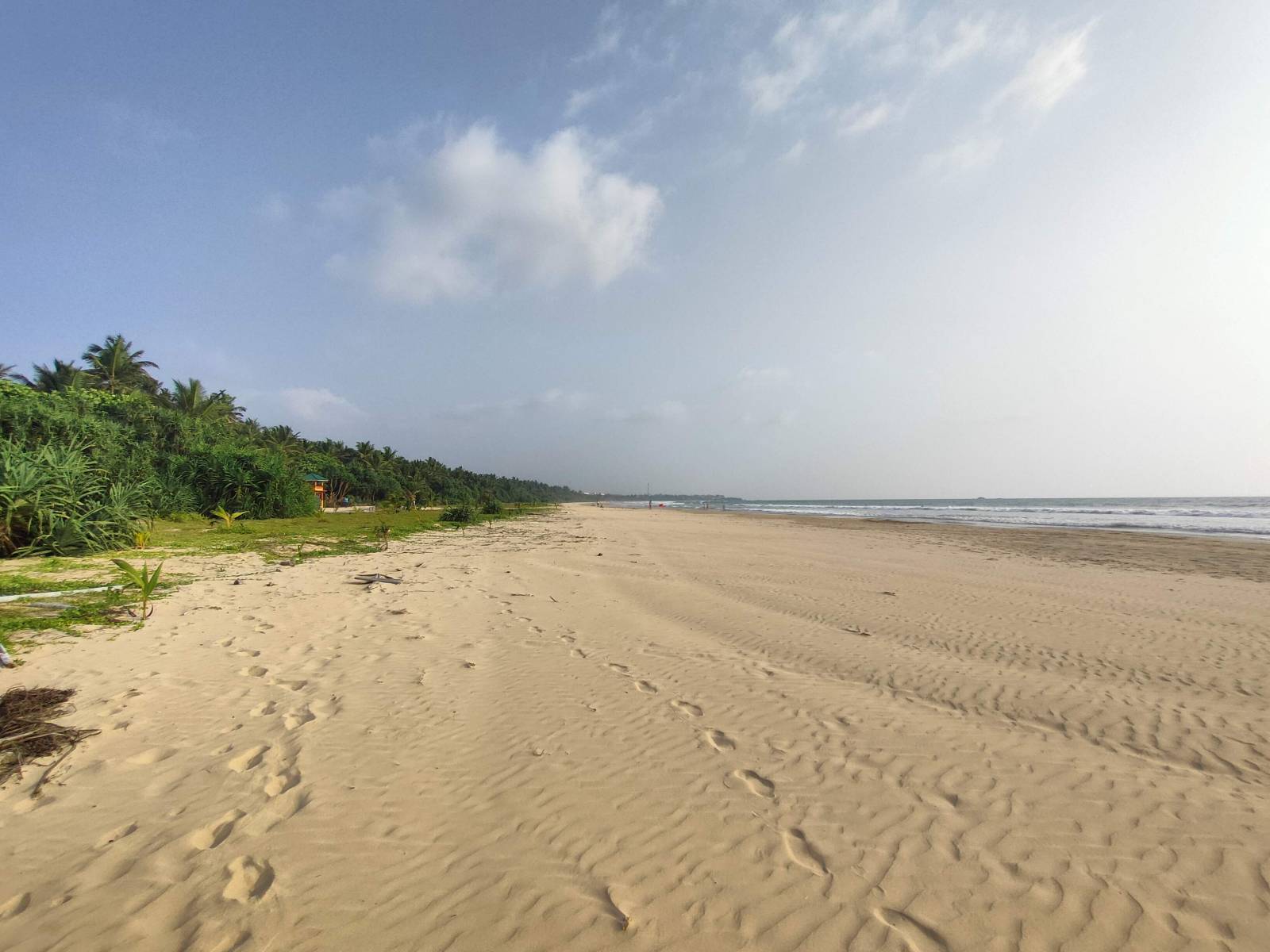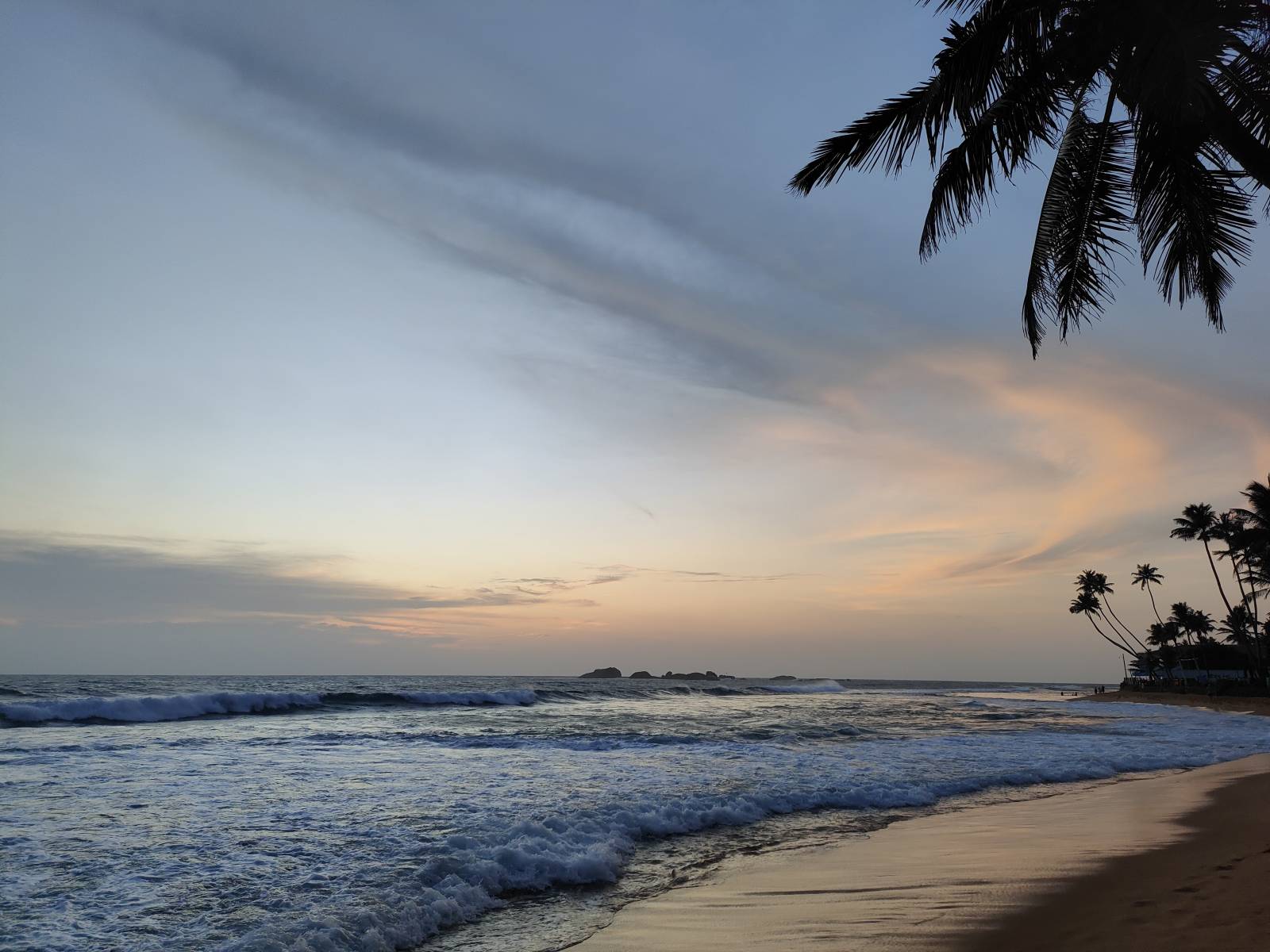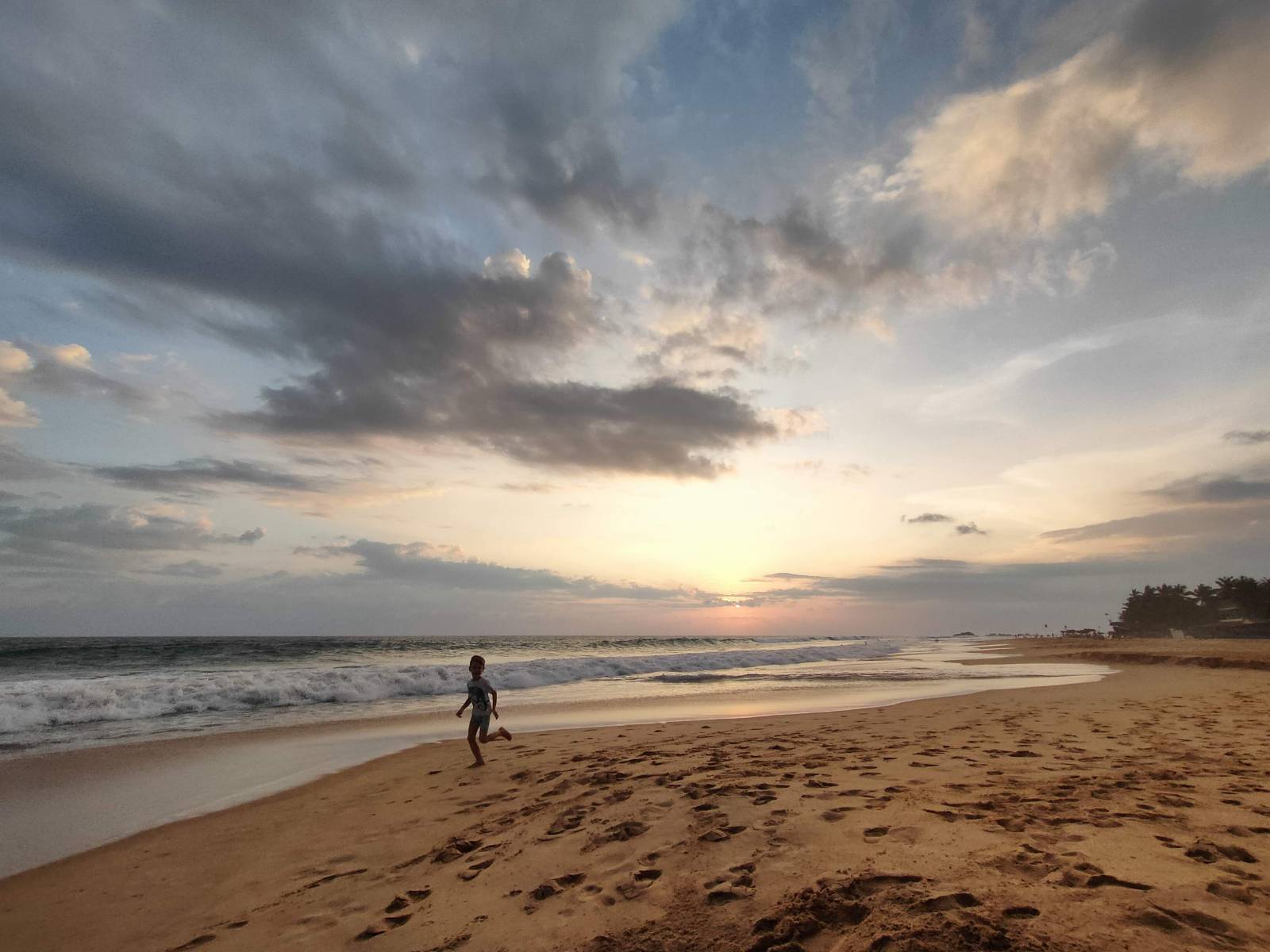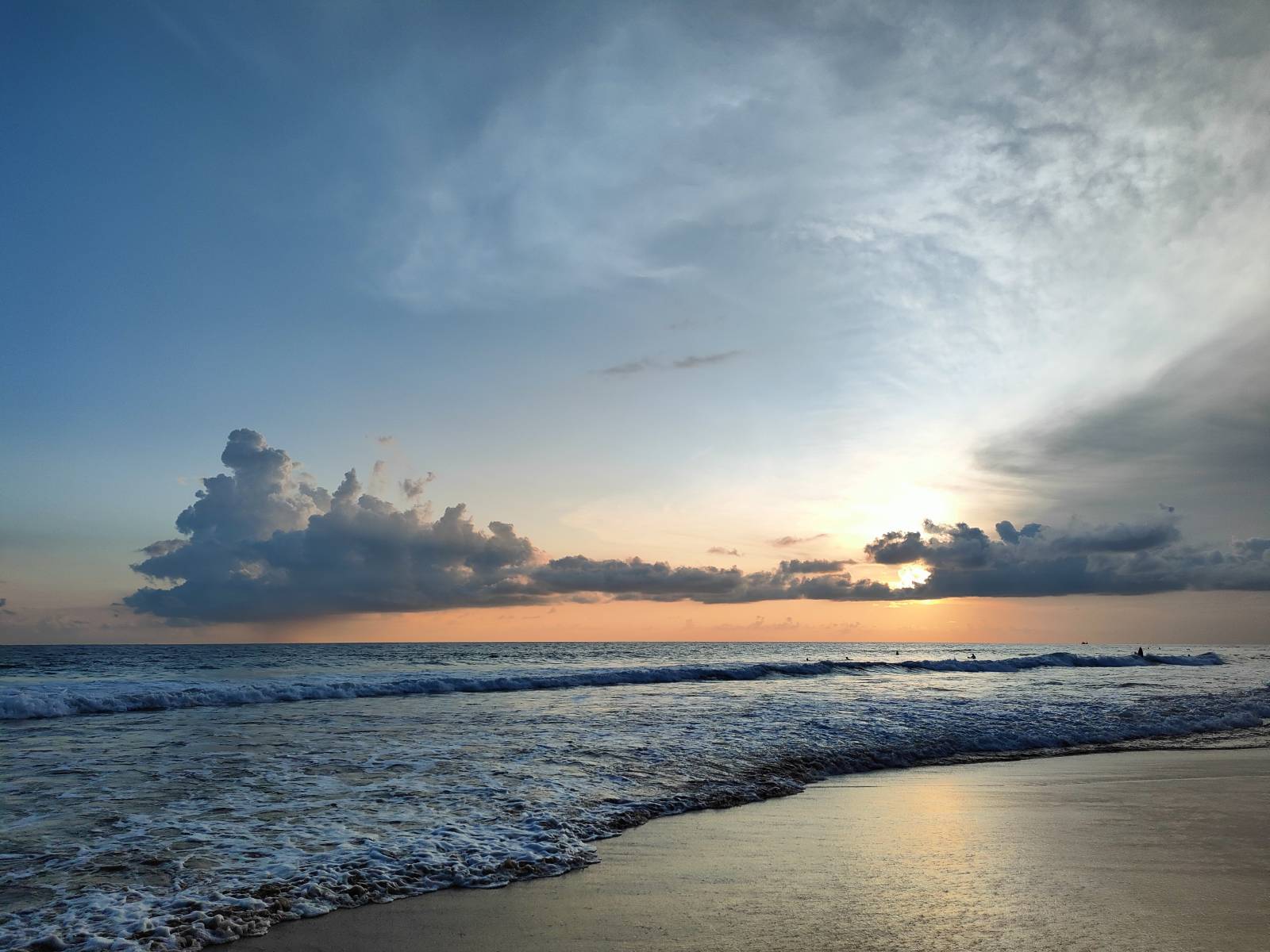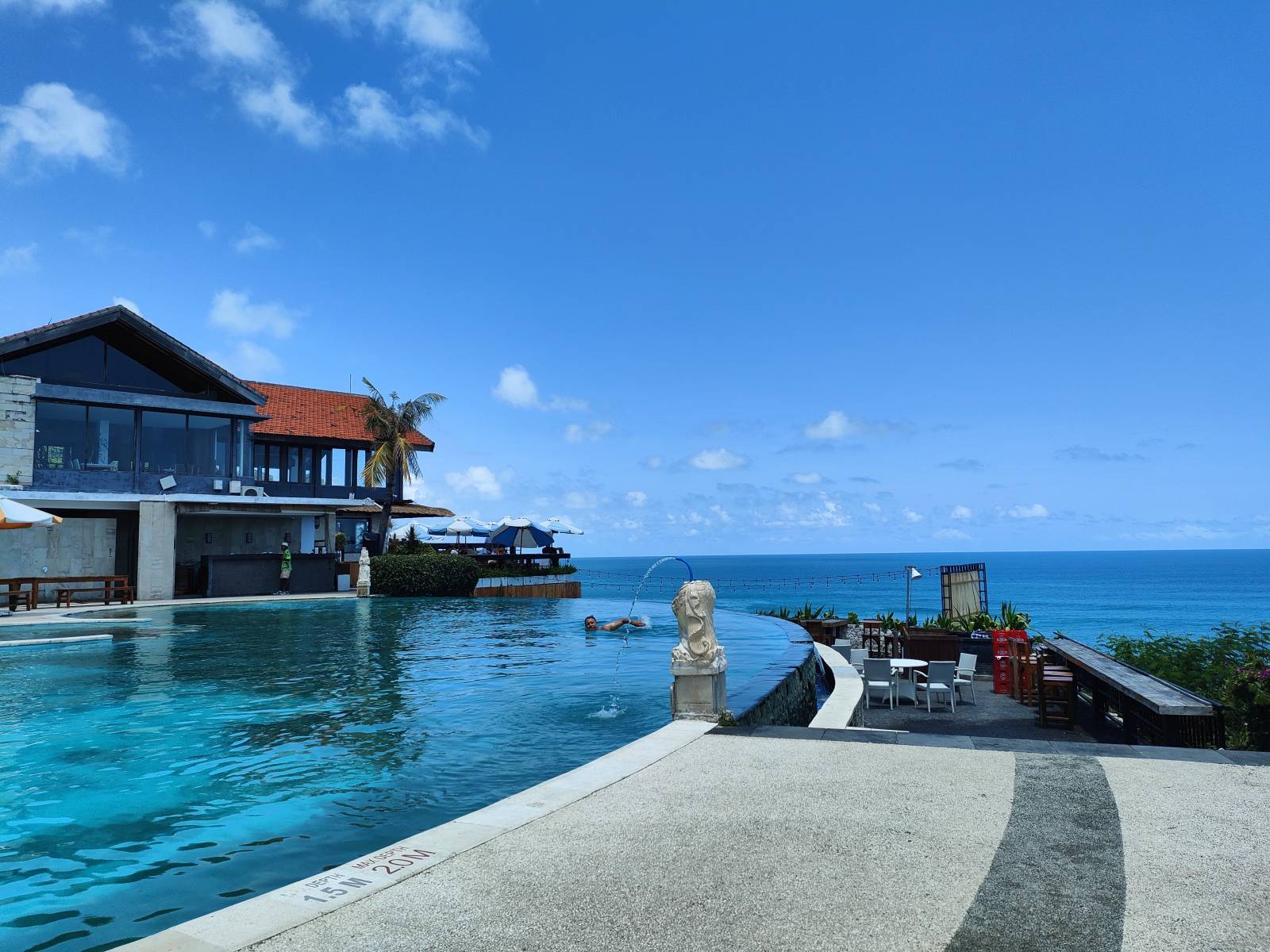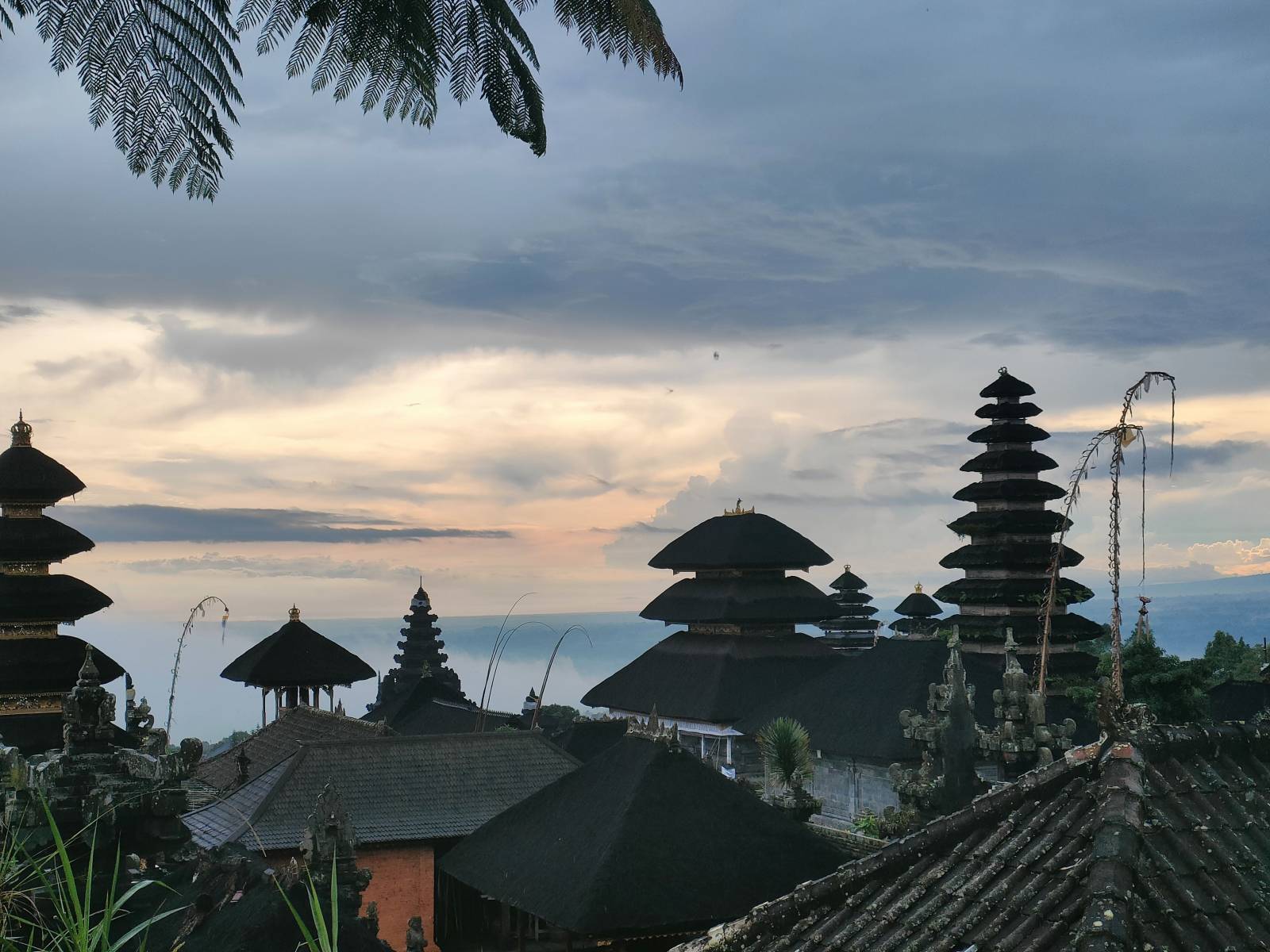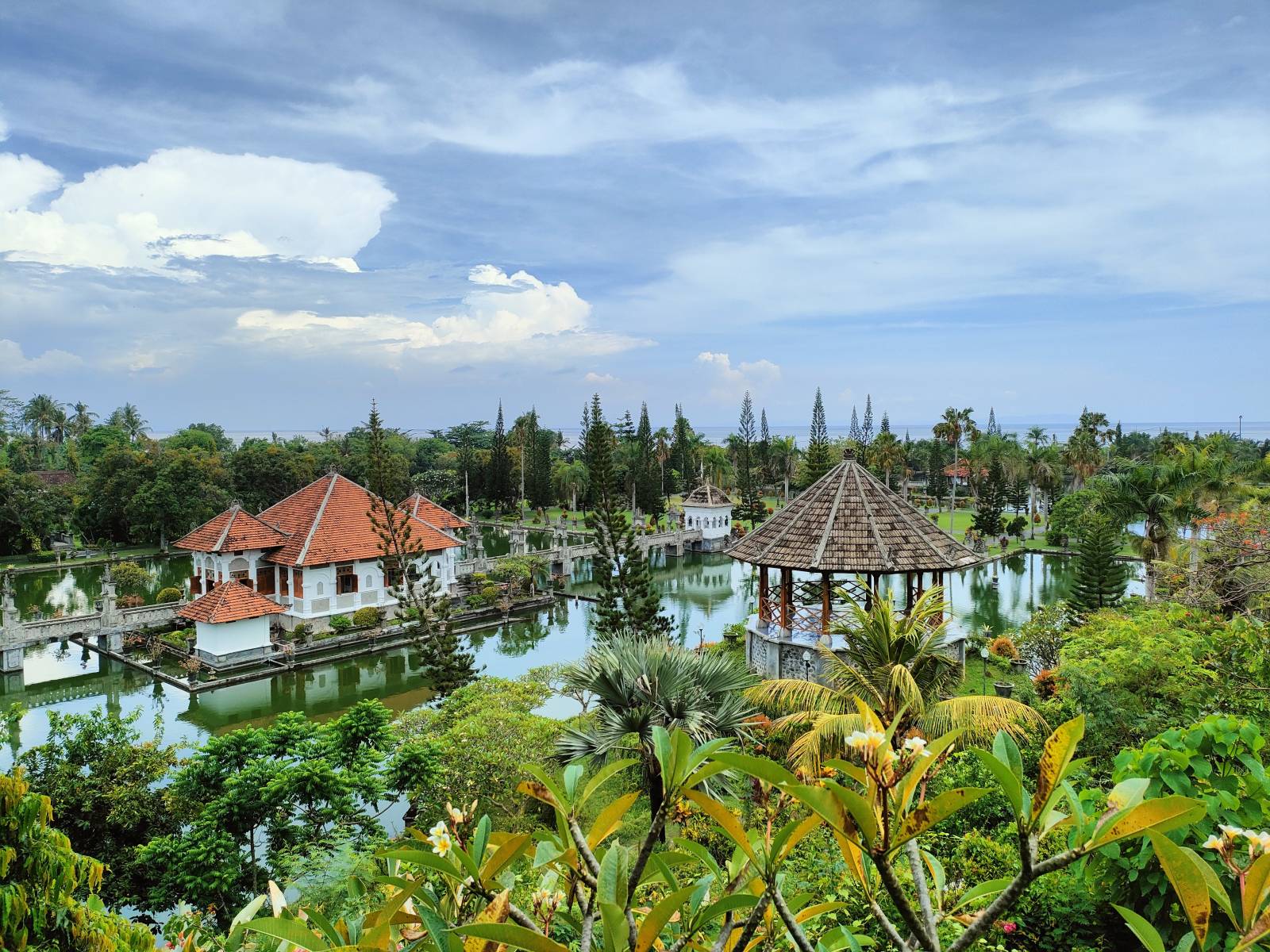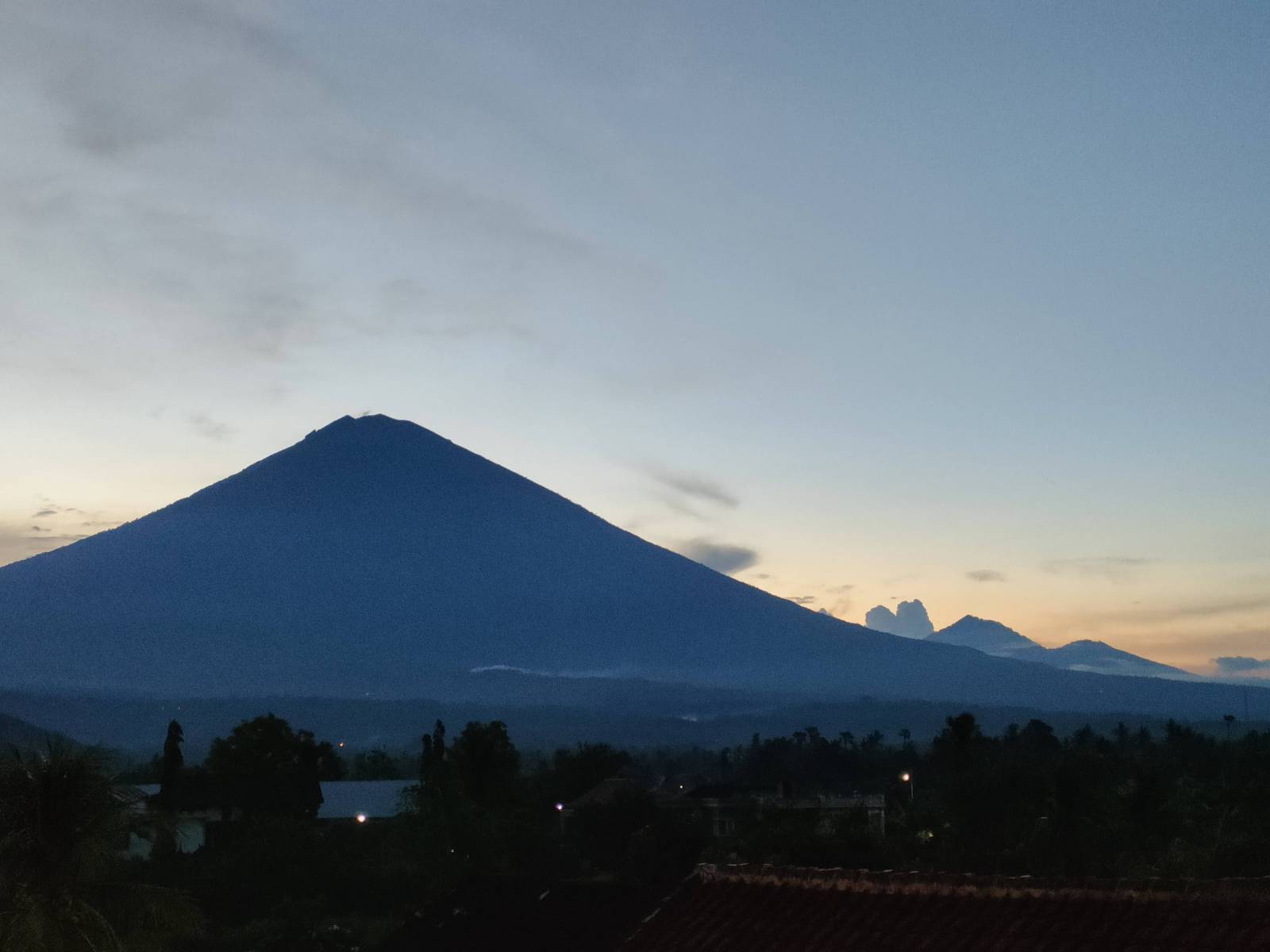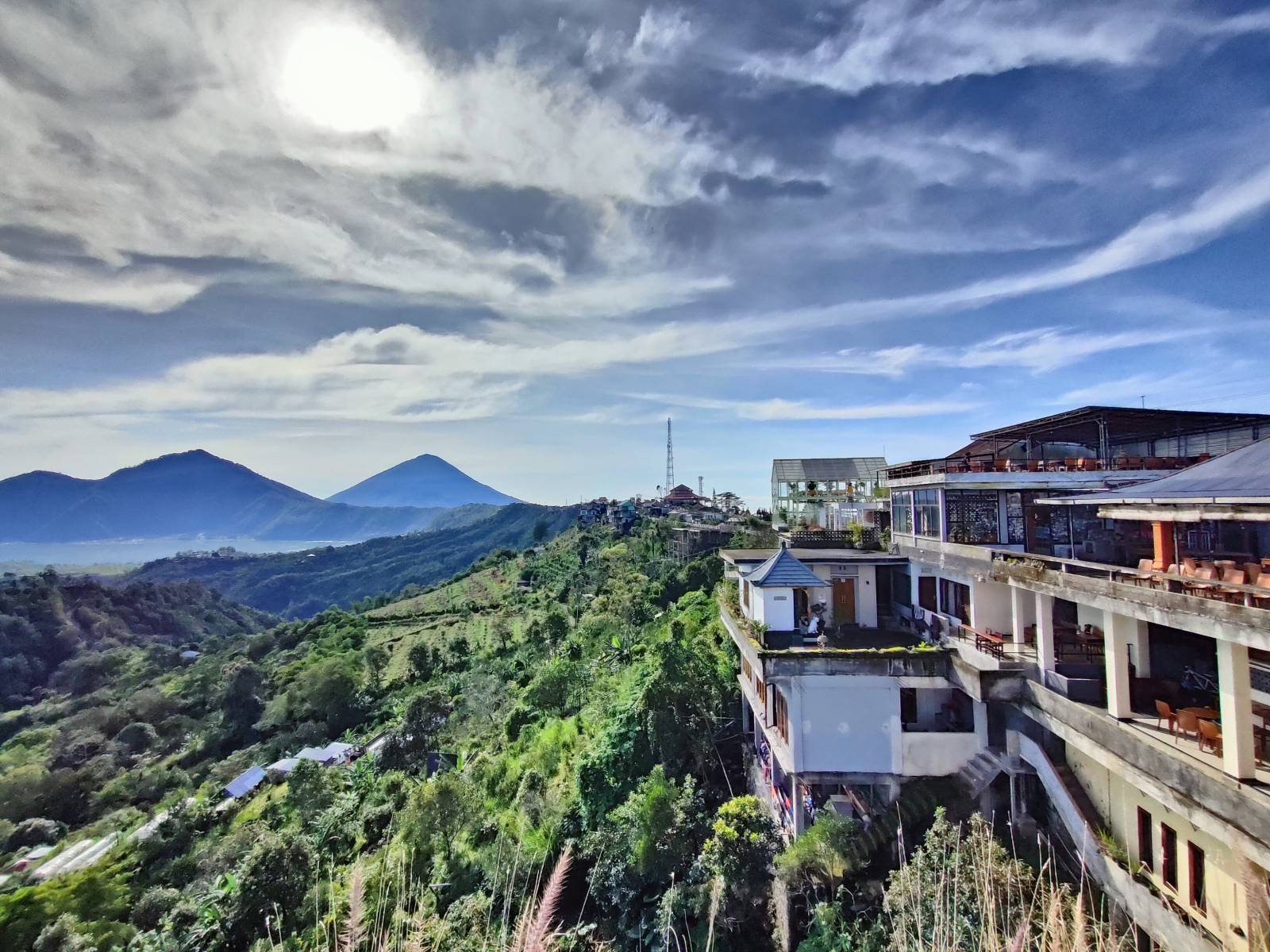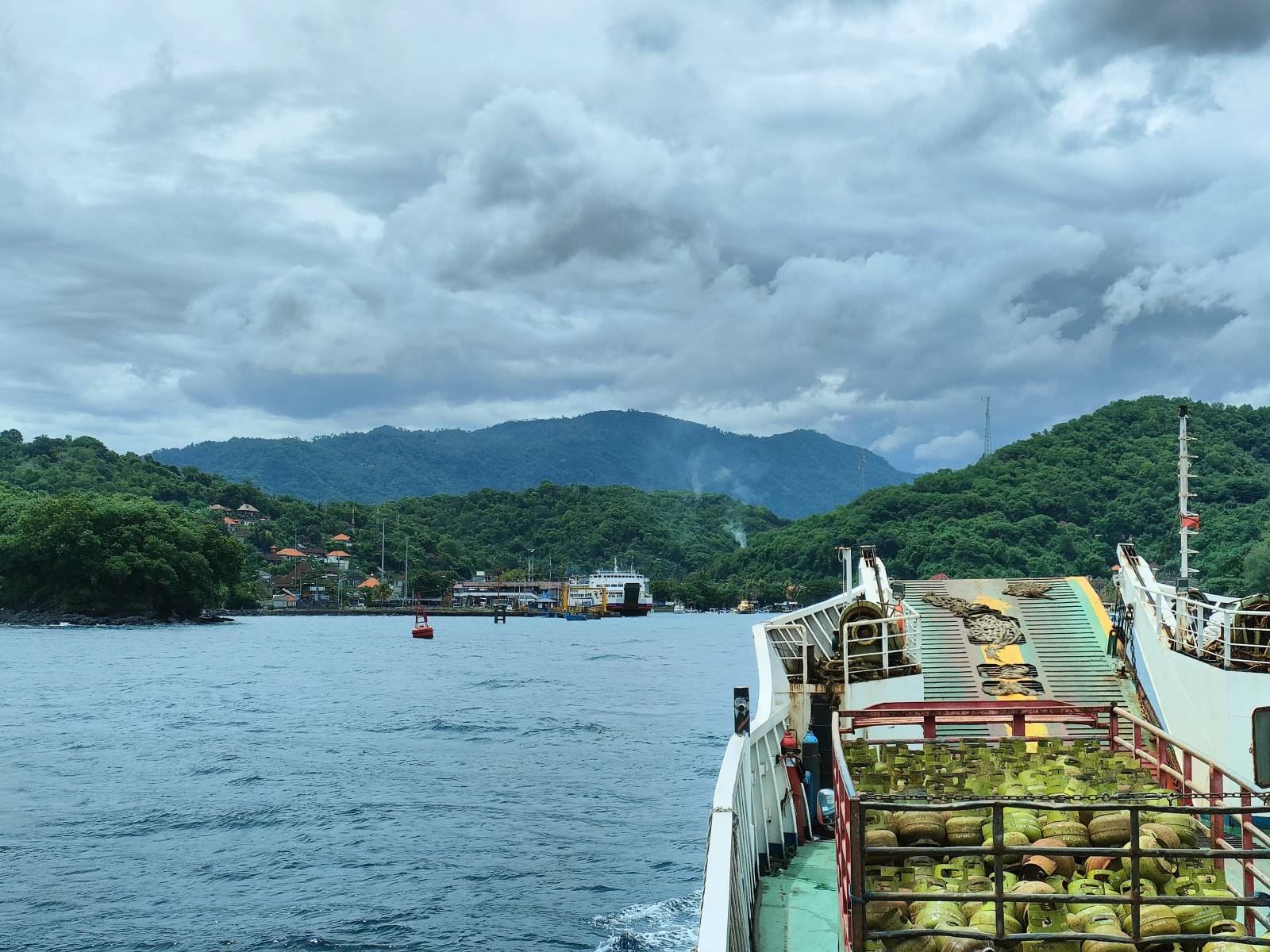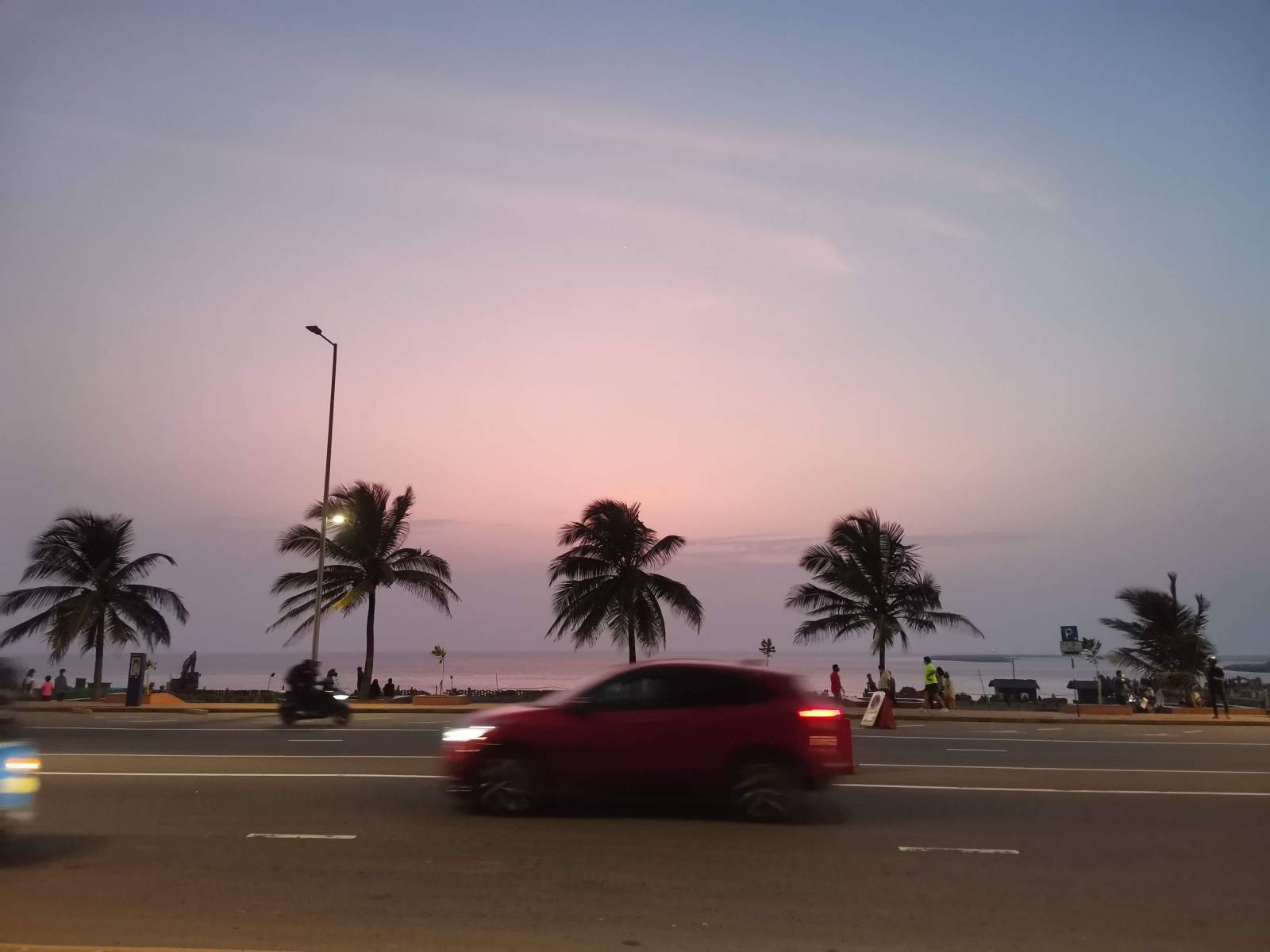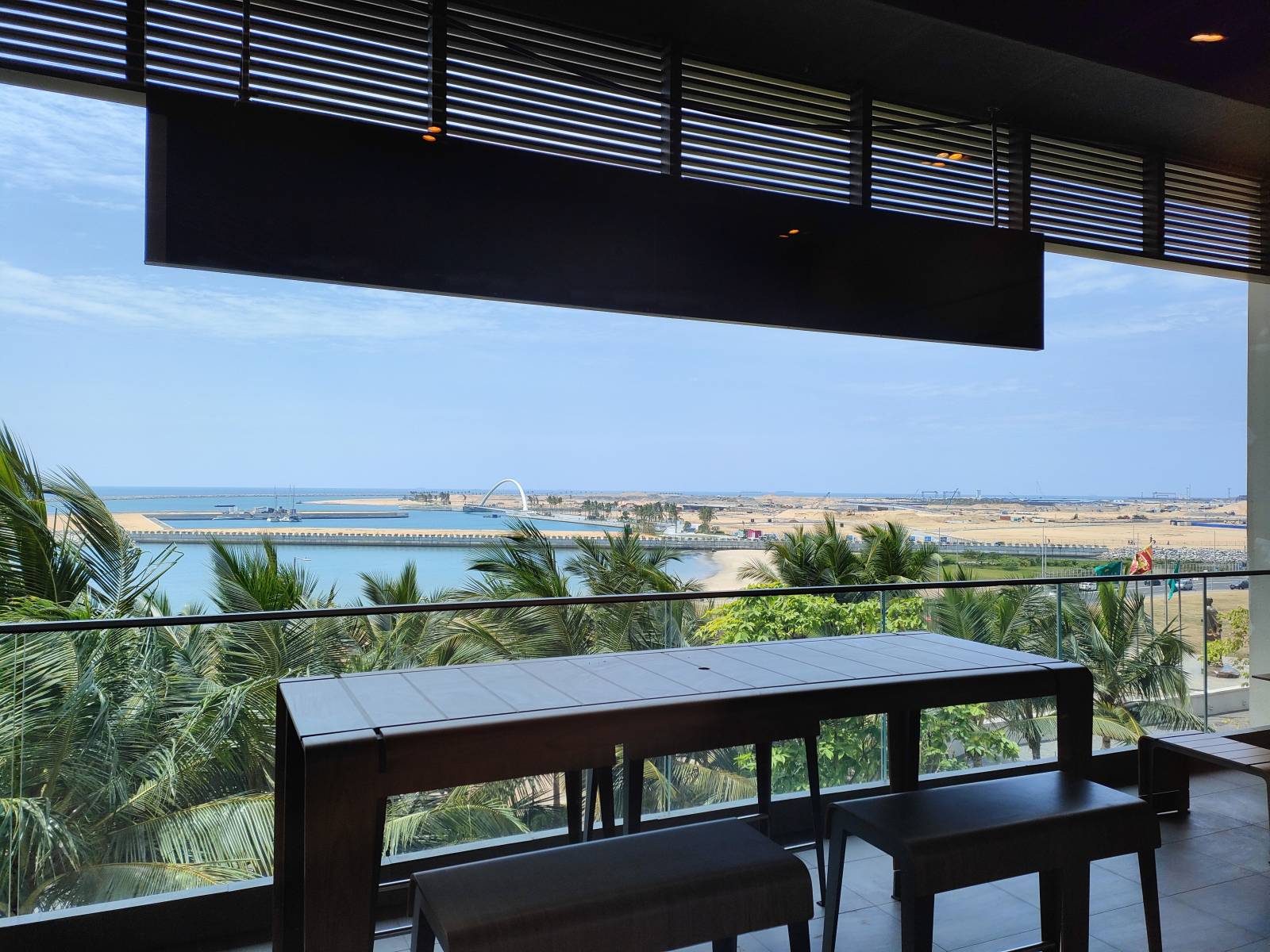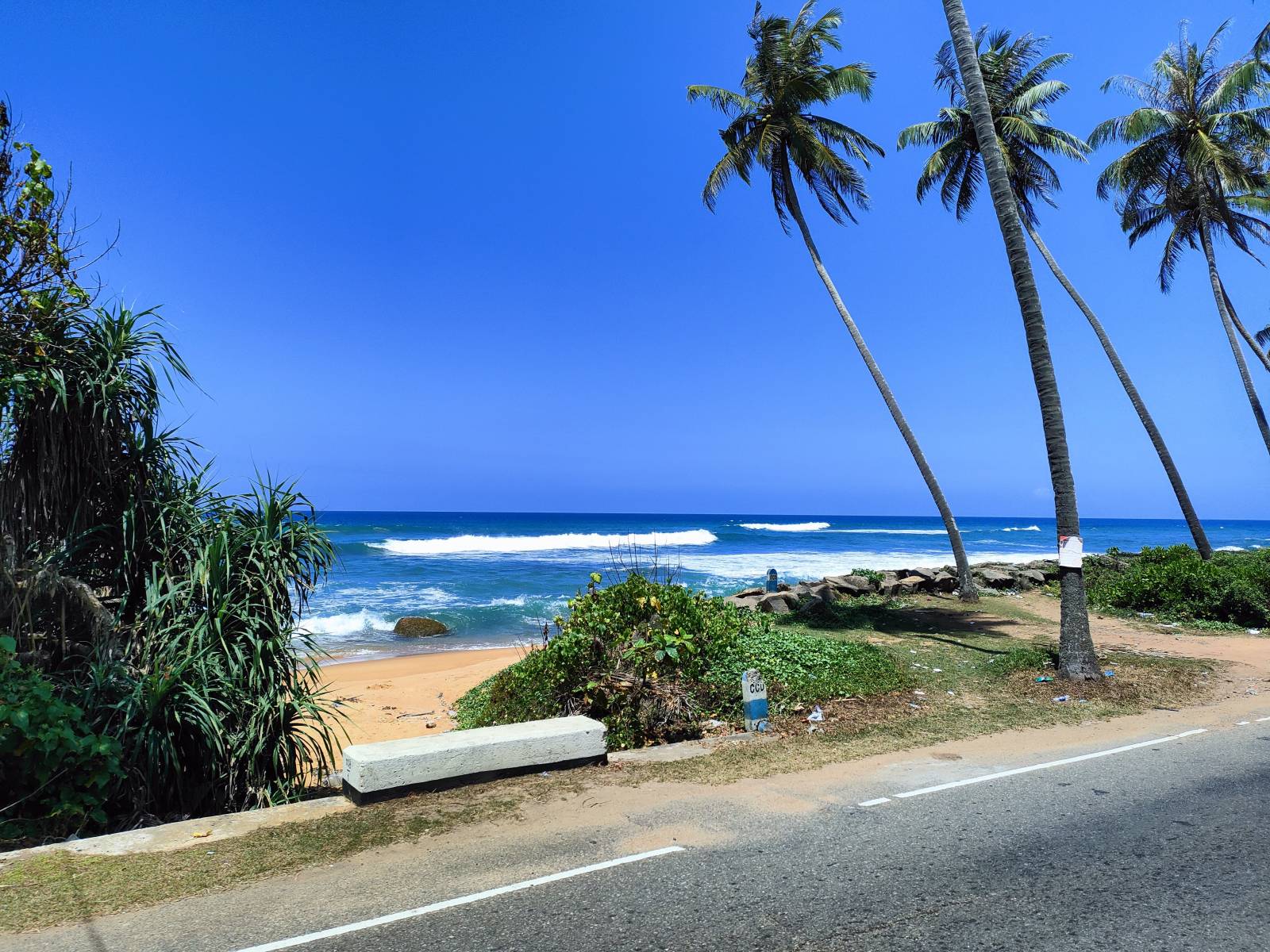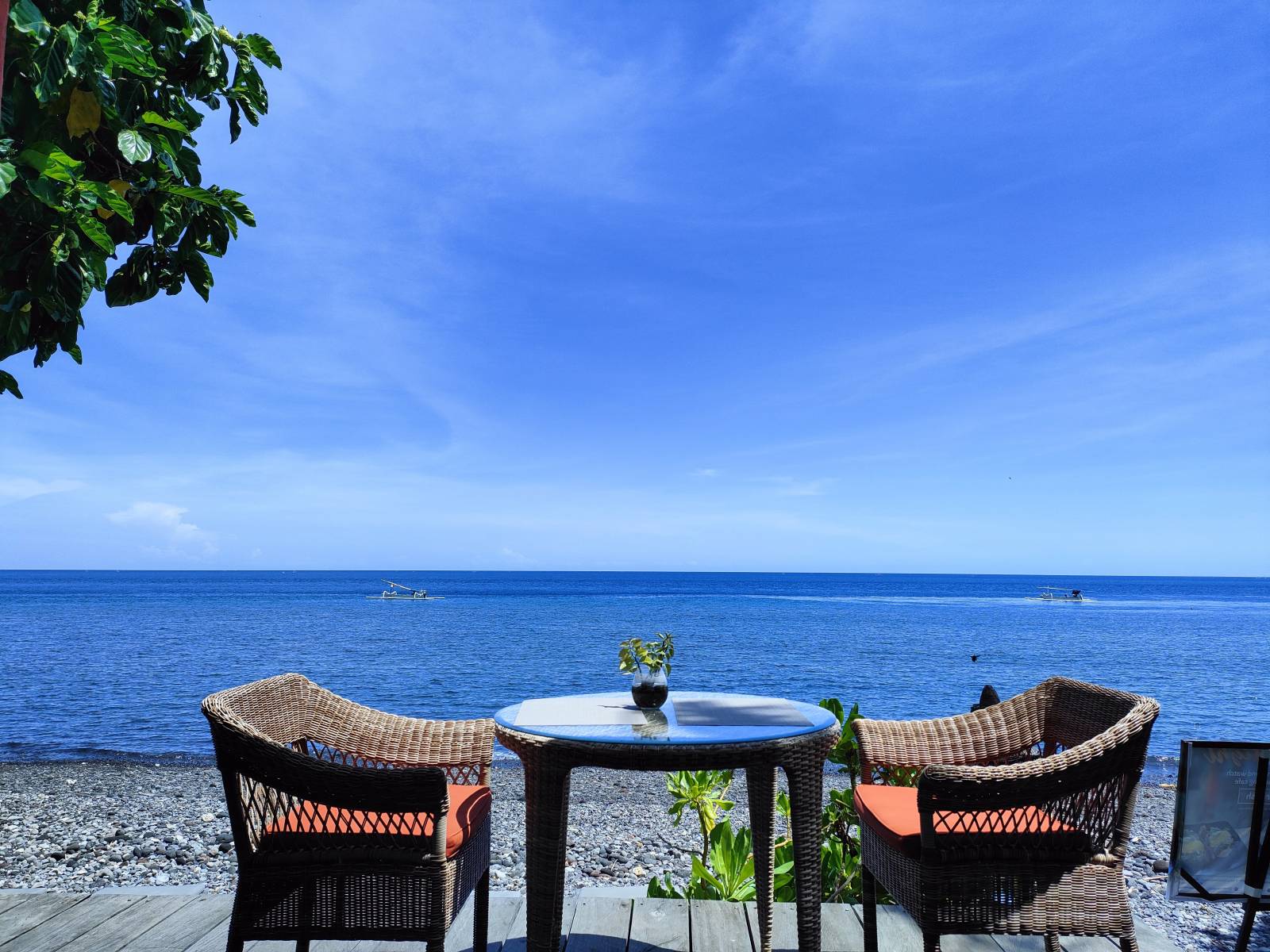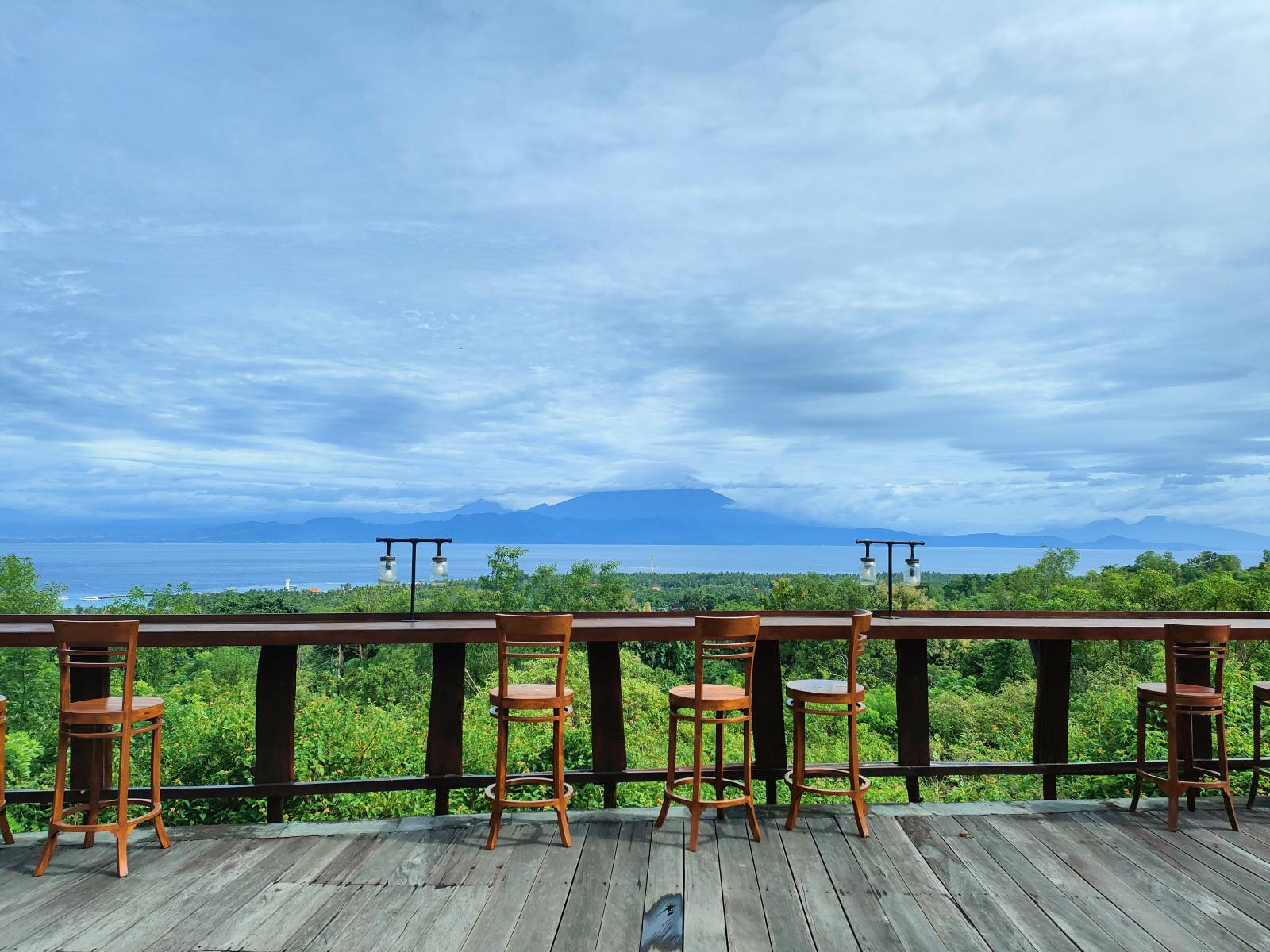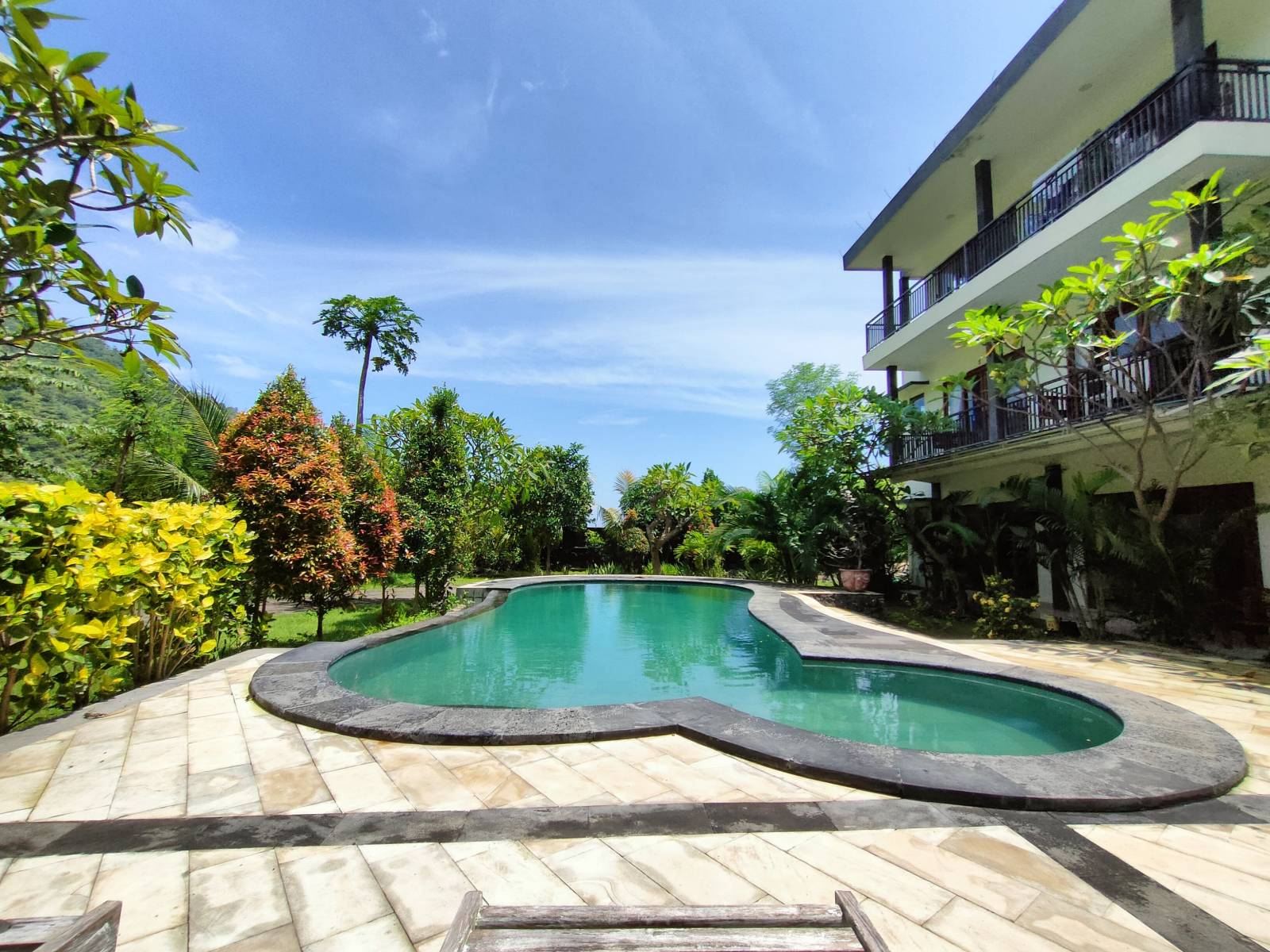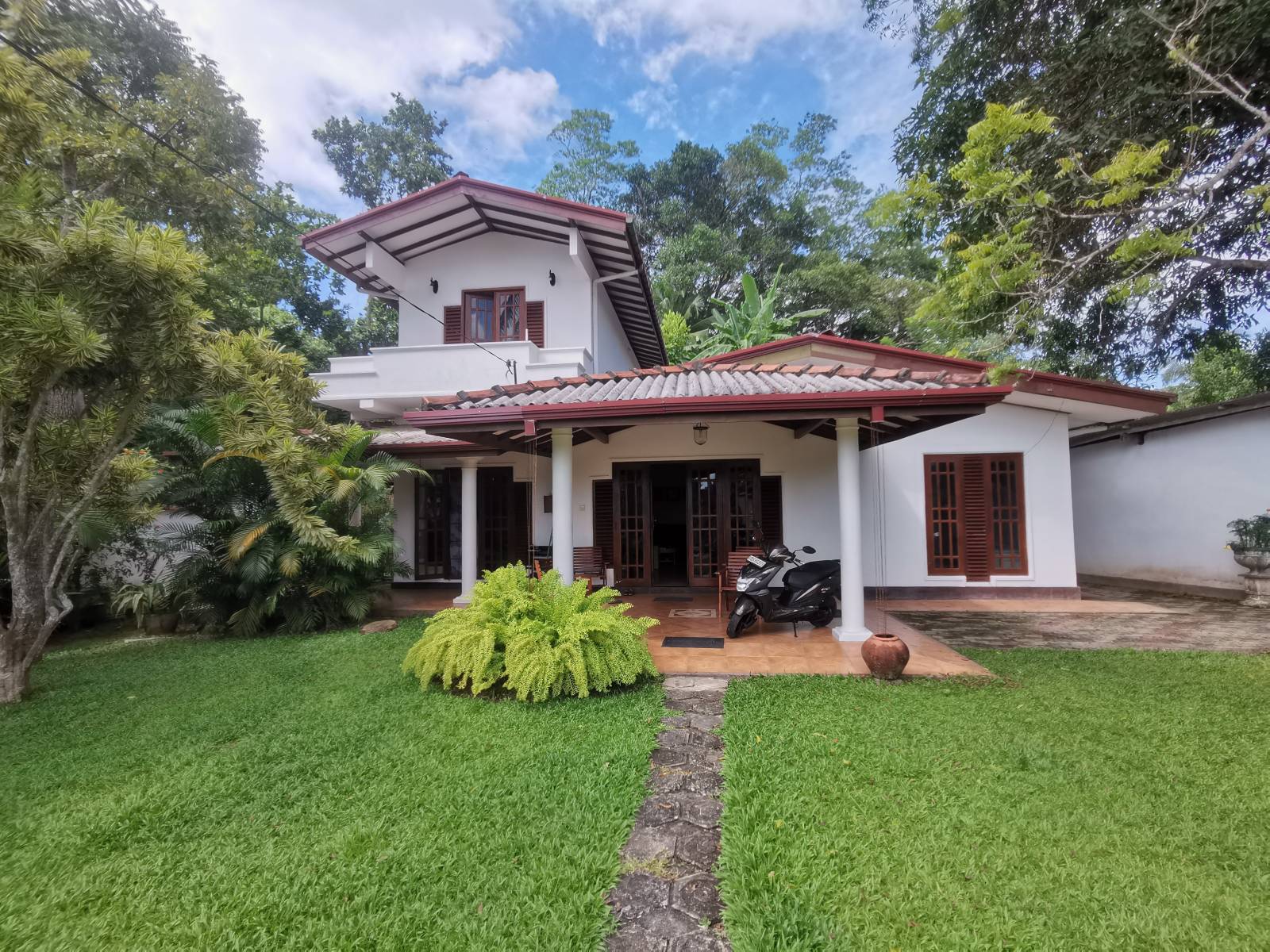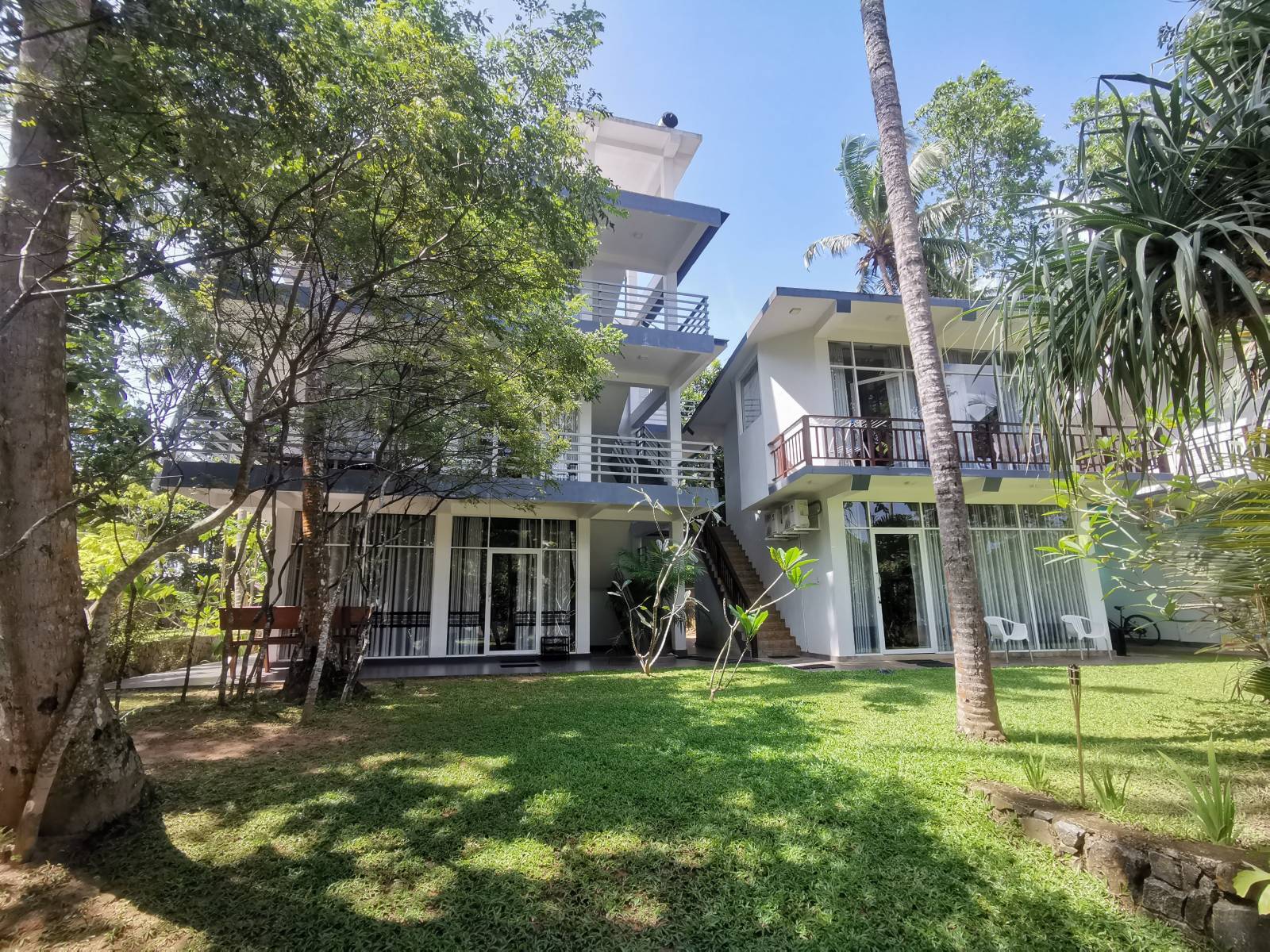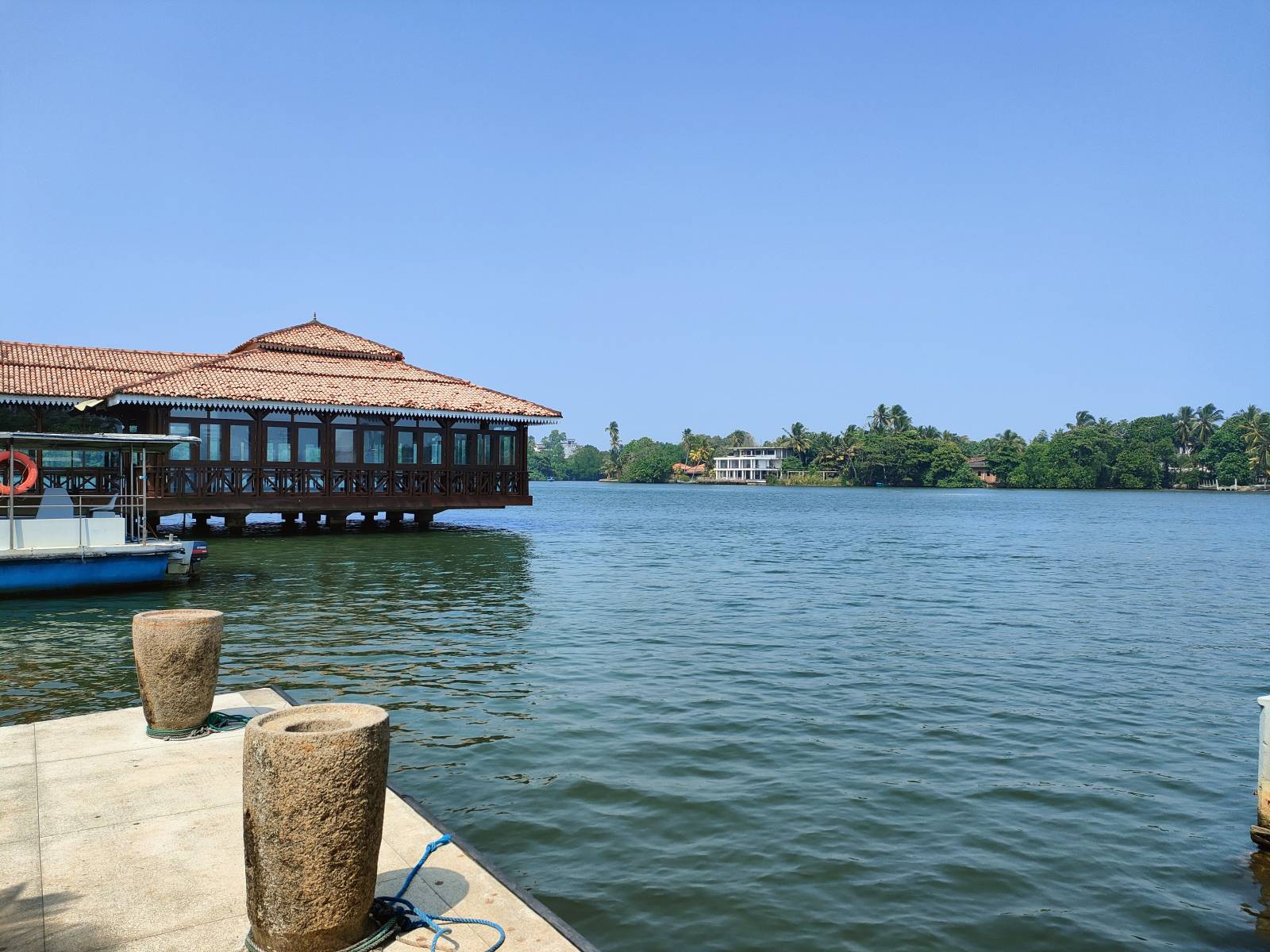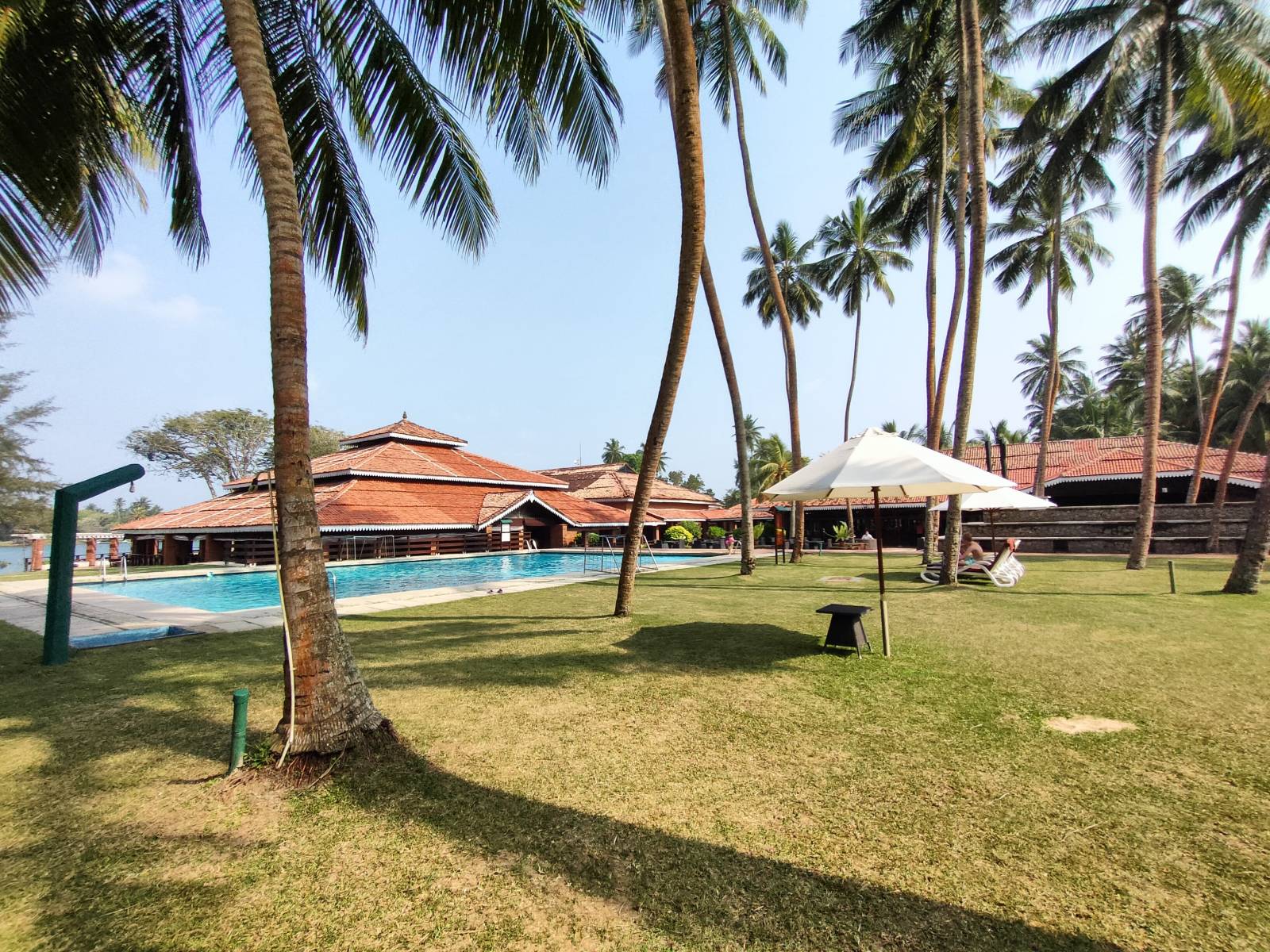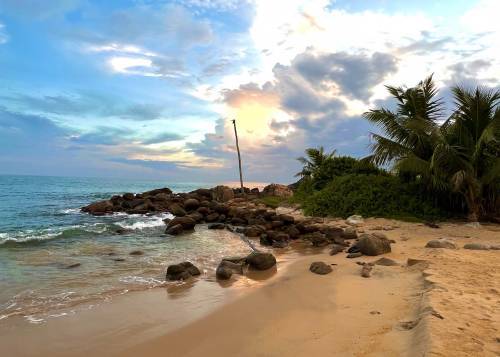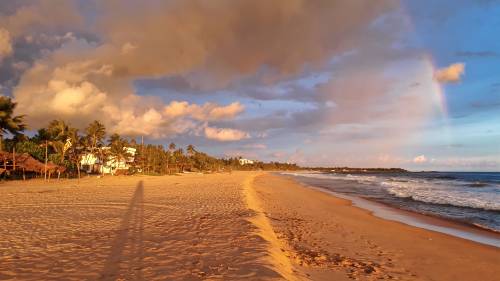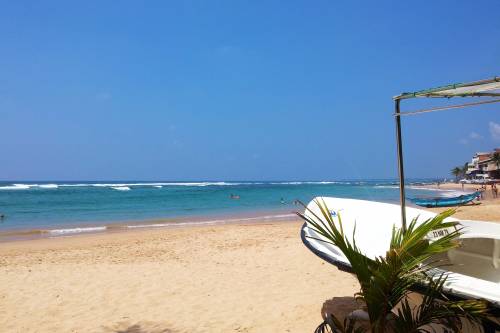Choosing a destination for your next adventure is never a decision to be taken lightly. When it comes to crafting memorable experiences, few places can rival the exotic allure of Sri Lanka and Bali in Indonesia. These two enchanting locales beckon travelers with their pristine beaches, lush landscapes, and captivating cultures. But which one is the ideal match for you?
In this comprehensive exploration, we'll take you on a captivating journey to compare the treasures of Sri Lanka and Bali. These tropical paradises, while sharing some similarities, boast distinct characteristics that cater to the varied desires of tourists and expats alike. We'll traverse through categories that matter most to travelers, shedding light on nature's grandeur, the warm embrace of the locals, housing and accommodation options, modes of transport, and the ever-important visa requirements.
Sri Lanka, often referred to as the "Pearl of the Indian Ocean," is celebrated for its breathtaking beaches, lush rainforests, and the allure of ancient cities. On the other hand, Bali, known as the "Island of the Gods," offers a fascinating blend of cultural wonders, idyllic rice terraces, and legendary sunsets. With this article as your guide, you'll embark on a captivating journey to discern which destination aligns best with your travel aspirations.
So, are you ready to dive into the heart of these paradisiacal destinations, exploring their vibrant markets, mesmerizing wildlife, and engaging communities? Let's embark on this thrilling voyage to discover whether the rugged, unspoiled landscapes of Sri Lanka or the spiritual tranquility of Bali beckon you to pack your bags and create memories that will last a lifetime.
Nature: A Tropical Paradise Showdown
When it comes to nature, Sri Lanka and Bali emerge as fierce contenders, each boasting their unique natural treasures. From pristine beaches and serene ponds to the rich flora and fauna, let's dive into the splendid natural wonders of these two destinations.
Beaches and Ponds
Known as the "Pearl of the Indian Ocean," Sri Lanka's coastline unfurls a mesmerizing tapestry of beaches. From the bustling Unawatuna to the hidden gems like Hiriketiya, the options are boundless. If you're a fan of calm, glass-like ponds, don't miss the serene Koggala Lake, where you can take a boat ride amidst mangrove forests.
Bali, on the other hand, is renowned for its iconic beaches like Kuta and Seminyak. The beaches here are a hub for surfers and sun-seekers alike. In addition to beaches, Bali offers its fair share of picturesque rice terraces, particularly in Ubud, which are often accompanied by tranquil ponds, adding to the island's allure.
Flora
Sri Lanka is a botanical treasure trove. The lush, mountainous terrain of the island is home to tropical rainforests, aromatic spice gardens, and meticulously manicured tea plantations. The Sigiriya Rock Fortress area is a botanical wonderland, featuring gardens with rare plants and breathtaking landscapes.
Bali's flora is equally captivating, with lush rice paddies, terraced gardens, and vibrant tropical flowers adorning the landscape. The Tegallalang Rice Terraces in Ubud are a prime example, where visitors can wander through these iconic rice fields and capture the beauty of the island.
Fauna
Sri Lanka's fauna is as diverse as it is mesmerizing. While there are no dangerously venomous snakes or large predators on the island, it's a haven for wildlife enthusiasts. Yala National Park is a hotspot for leopard sightings, and Udawalawe National Park offers a chance to observe majestic elephants in their natural habitat.
Bali's fauna is more limited in scope due to the island's small size. While you won't find the big game animals like those in Sri Lanka, Bali does boast the Sacred Monkey Forest Sanctuary in Ubud. These cheeky macaques can provide endless entertainment for visitors, but it's essential to be cautious as they can get mischievous.
Interesting Facts
Sri Lanka is home to the world's oldest human-planted tree, the Sri Maha Bodhi, which is over 2,300 years old.
Bali's Ubud Monkey Forest is not only home to monkeys but also houses three ancient temples, adding a spiritual dimension to the experience.
Both Sri Lanka and Bali offer a natural paradise, but the choice may depend on your preference for either the serene, wildlife-rich charm of Sri Lanka or the iconic beaches and artistic landscapes of Bali. Whether you seek the thrill of a leopard's gaze or a tranquil sunset over rice paddies, both destinations promise an unforgettable connection with nature.
Civilization
As a tourist, exploring the intricacies of civilization is a vital part of your journey. From vibrant markets to supermarkets, mouthwatering food options to safety measures, and the conveniences for remote work, let's compare Sri Lanka and Bali to help you plan your adventure.
Supermarkets, Shops, Markets, and Food Stalls
In Sri Lanka, bustling local markets and street food stalls are the heart of the culinary scene. The vibrant Pettah Market in Colombo offers an explosion of colors, spices, and local products. Supermarkets like Keells and Cargills are easily found, providing a range of international and local items. The charm of Sri Lanka lies in its roadside food stalls where you can sample mouthwatering hoppers and kottu.
Bali, too, boasts lively markets, such as Ubud Market, where you can haggle for souvenirs and handmade crafts. Bali is home to various large supermarkets and hypermarkets, making it convenient for residents and tourists to access a wide range of products. Some well-known options include Carrefour, Hardy's, Bintang, and Pepito. These supermarkets offer a diverse selection of local and international groceries, household items, and fresh produce. Shopping in Bali's large supermarkets provides a familiar shopping experience for expats and a convenient option for self-catering tourists.
Food Products, Assortment, and Prices
In Sri Lanka, the cost of living is relatively lower, making it a budget-friendly destination. In supermarkets, you can expect to pay around $1 for a loaf of bread, $5-10 per kilogram for meat, $1 for a kilogram of vegetables, $0,5-2 for a kilogram of fruits, $1 for a liter of milk, and $1 for a local beer.
Bali's prices for groceries are quite similar, with slight variations like $2-3 for a local beer. Preparing your own meals for a week might cost around $20-30 per person.
Cafes and Restaurants
Eating out in Sri Lanka is a treat for your palate and your wallet. A local meal at a small cafe might cost as little as $3, while dining at a mid-range restaurant will set you back around $10-15 per person.
Bali offers a diverse culinary scene. A local meal at a warung might cost just $2-3, while a more elaborate restaurant meal can range from $10-20 per person.
Convenience for Remote Work
Sri Lanka is gradually improving its internet infrastructure, and urban areas offer decent connectivity. Coworking spaces are emerging in Colombo, catering to digital nomads and remote workers. Major cities offer relatively better connectivity, but remote work facilities are limited. But the ever-expanding 4G coverage, and in some places 5G, makes the situation much easier.
Bali is well-equipped for remote work, with numerous coworking spaces in popular areas like Canggu and Ubud. The internet is generally reliable and fast, making it an attractive choice for those who work while they travel.
Healthcare
Access to quality healthcare is a crucial consideration for travelers and potential expats. Here, we'll briefly explore the healthcare services in Sri Lanka and Bali, focusing on service levels, conditions in public and private clinics, and the associated costs for tourists.
Sri Lanka:
- Sri Lanka offers a relatively high level of healthcare services, with well-trained medical professionals and modern facilities, particularly in urban areas.
- Public clinics provide basic healthcare services and are often crowded. Quality may vary, and waiting times can be long.
- Private clinics and hospitals offer excellent medical care and shorter waiting times. Many healthcare providers in Sri Lanka have trained abroad.
- Healthcare costs in Sri Lanka are generally affordable for tourists. Consultations and treatments are reasonably priced, especially in public facilities.
Bali:
- Healthcare services in Bali are steadily improving, with a growing number of medical professionals and facilities.
- Public healthcare services are less developed, and language barriers may be a challenge for tourists.
- Private healthcare facilities, particularly in tourist areas like Kuta and Seminyak, offer high-quality services, and many staff speak English.
- Bali's private healthcare is more expensive than public facilities, but it is still affordable for many tourists. Travel insurance is advisable to cover unexpected medical expenses.
Both Sri Lanka and Bali offer access to medical services, with varying levels of quality. Tourists can find affordable healthcare in both destinations, but private clinics in Bali may be more convenient and accommodating. It's crucial for travelers and expats to have travel insurance to cover potential medical expenses and ensure peace of mind during their stay.
Safety, Rules, and Freedoms
Both Sri Lanka and Bali are considered safe for tourists, but it's essential to follow local guidelines and customs. In Sri Lanka, be mindful of religious and cultural practices, while in Bali, respect the Balinese Hindu traditions. Be aware of your surroundings, secure your belongings, and practice common-sense safety measures to ensure a worry-free trip.
Whether you choose Sri Lanka's exotic street food stalls or Bali's vibrant markets, the affordability of both destinations makes them ideal for adventurous eaters and savvy shoppers. When it comes to remote work and safety, you'll find appealing options in both locations, allowing you to explore while staying connected and secure. Your choice might ultimately come down to the unique cultural experiences each destination offers.
People
The way people treat tourists and expats can significantly influence your experience in a foreign land. Let's delve into how Sri Lanka and Bali approach this aspect from the perspectives of ordinary tourists and expats.
Attitude towards Tourists and Expats
Sri Lankans are renowned for their warm hospitality. As a tourist, you'll often be greeted with friendly smiles and open arms. Locals are generally excited to share their culture and traditions, making you feel welcome throughout your journey. Whether it's a tuk-tuk driver or a street vendor, you'll find that Sri Lankans are eager to help you explore their beautiful island.
Expats often find themselves embraced by the local community in Sri Lanka. Building connections with the locals can be deeply rewarding, and you'll often be invited to cultural events and gatherings. However, navigating bureaucracy and legal processes can sometimes be a bit challenging.
Bali is a well-established tourist destination, and the Balinese people are accustomed to a steady stream of visitors. They are generally friendly and accommodating to tourists, making your stay enjoyable and comfortable. You'll find a wealth of tours and services geared towards tourists, from transportation to guided experiences.
Bali is a magnet for expats from around the world, creating a diverse and welcoming community. The expat lifestyle is vibrant, with numerous social events and networking opportunities. Locals are generally open to interactions with expats, creating a pleasant environment for living and working.
Languages of Communication
The official languages are Sinhala and Tamil, but English is widely spoken in the tourist areas. You should have no trouble communicating in English with locals who work in the tourism industry. For expats, English is crucial for navigating daily life. It's often the language used in the workplace, and for many administrative tasks and communication with locals.
Bahasa Indonesia is the official language, but English is spoken in many tourist areas. Basic phrases in Bahasa Indonesia can be helpful, especially if you venture into less touristy regions. While many expats primarily use English, some knowledge of Bahasa Indonesia can make daily life easier. The expat community can be a great resource for learning the language and adapting to the culture.
Both Sri Lanka and Bali offer a friendly atmosphere for tourists, where you'll feel welcomed and comfortable. For expats, while both places have unique advantages, Bali's established expat community and more straightforward visa procedures may make it a slightly more expat-friendly destination. However, the choice ultimately depends on your preferences, lifestyle, and the experiences you seek in a new home.
Entertainment
As a tourist, entertainment is a crucial aspect of your journey. Whether you're seeking adventure, vibrant nightlife, or cultural immersion, Sri Lanka and Bali offer unique experiences for every traveler.
Leisure and Activities
The island of Sri Lanka is a treasure trove for nature enthusiasts and adventure seekers. From trekking in the lush hills of Ella to surfing the waves in Weligama and whale watching off the coast of Trincomalee, there's no shortage of outdoor activities. You can also explore ancient cities like Anuradhapura, Sigiriya, and Polonnaruwa, each with its historical and architectural marvels. For a more laid-back experience, take a scenic train ride through the tea plantations or savor a relaxing Ayurvedic spa treatment.
Bali, with its stunning beaches, offers a wide range of water sports like surfing, snorkeling, and scuba diving. The island is also a hub for yoga and wellness retreats. Discover Ubud's art scene, explore the lush terraced rice fields, or hike to the top of Mount Batur for a breathtaking sunrise. In addition, you can visit temples like Uluwatu and Tanah Lot to soak in the spiritual culture of Bali.
Nightlife
Sri Lanka has a more laid-back nightlife scene compared to Bali. Colombo, the capital, offers a selection of bars, clubs, and casinos. Mirissa and Hikkaduwa on the southern coast have beach parties and lively bars. However, it's not as famous for its nightlife as some other Southeast Asian destinations.
Bali's nightlife is legendary, especially in the southern towns of Kuta, Legian, and Seminyak. These areas come alive after dark with beachfront bars, nightclubs, and live music. The island also offers a thriving party scene with venues like Ku De Ta and Potato Head Beach Club hosting renowned DJs and themed parties.
Attractions
Sri Lanka is brimming with cultural and natural attractions. Don't miss the ancient rock fortress of Sigiriya, the sacred city of Kandy, and the stunning Dambulla Cave Temples. Yala National Park offers thrilling wildlife safaris, while the coastal town of Galle exudes colonial charm with its fort. Sri Lanka's beaches, including Unawatuna and Mirissa, are known for their beauty.
Bali's most famous attractions include the iconic Uluwatu Temple perched on a cliff, the picturesque Tegallalang Rice Terraces, and the water temples of Tirta Empul and Ulun Danu Beratan. The island also boasts natural wonders such as the Gitgit Waterfall and the breathtaking Nusa Penida Island.
Interesting Facts
Sri Lanka's Sigiriya Rock Fortress is sometimes referred to as the "Eighth Wonder of the World" due to its architectural and historical significance.
Bali's Uluwatu Temple is known for its stunning Kecak dance performances at sunset, creating a magical atmosphere.
In the end, whether you're drawn to Sri Lanka's lush landscapes and historical sites or Bali's vibrant beaches, nightlife, and cultural attractions, both destinations promise an unforgettable journey. Your choice may depend on the type of entertainment that resonates most with your travel style.
Hotels and Rental Housing
As a tourist, finding the right place to stay is crucial for a comfortable and memorable trip. Let's explore the hotel and rental housing options in Sri Lanka and Bali, including market conditions, prices, and interesting facts.
Housing Market for Tourists
Sri Lanka's housing market for tourists has grown significantly in recent years, with a wide range of options available. You can find everything from budget hostels and guesthouses to luxurious resorts and boutique hotels. The rise of Airbnb and similar platforms has also expanded the choices for short-term rentals, including apartments, villas, and even treehouses.
Bali's housing market is well-established, catering to a broad spectrum of travelers. From affordable hostels and guesthouses to opulent beachfront resorts and private villas with infinity pools, you'll have no shortage of choices. Bali is a hotspot for Airbnb and villa rentals, making it easy to find unique and stylish accommodations.
Hotel Prices
The price for hotels in Sri Lanka can vary greatly depending on the location and the level of luxury. Budget travelers can find hostels and guesthouses for as low as $5-20 per night. Mid-range hotels typically range from $30-80 per night. For luxury resorts, expect to pay anywhere from $150 to several hundred dollars per night.
Bali offers a similar range of hotel prices. Budget options like hostels and guesthouses start at around $10-20 per night. Mid-range hotels usually cost between $40-100 per night, while luxury resorts can range from $150 to several hundred dollars per night.
Rental Prices for Apartments and Villas
Monthly rental prices for apartments and villas in Sri Lanka can be quite affordable. A one-bedroom apartment in Colombo might start at $300-400 per month. Villas and larger apartments can cost upwards of $700-800 per month, with luxury properties reaching a few thousand dollars.
Bali is known for its attractive long-term rental options. Monthly rental prices for one-bedroom apartments in popular areas can start at $500-800. Villas and larger properties typically range from $8700 to $2,000 or more, depending on location and amenities.
Interesting Facts
Sri Lanka offers a unique type of accommodation known as "treehouse hotels," where you can stay in the treetops surrounded by lush jungle.
In Bali, many accommodations offer "floating breakfasts," where your breakfast is served in your private pool.
When it comes to accommodations, both Sri Lanka and Bali cater to various budgets and preferences. Whether you're a backpacker searching for affordable hostels, a traveler seeking mid-range comfort, or someone looking for a luxury escape, both destinations offer a diverse range of housing options to meet your needs. Your choice may depend on the experiences you're seeking and the location you prefer for your stay.
Transport
Transport is a fundamental aspect of travel and living in a new country. Let's explore the options for both tourists and expats in Sri Lanka and Bali, including public transport, taxis, car rentals, and motor vehicle rentals.
Public Transport
Sri Lanka offers an extensive public transport network, primarily consisting of buses and trains. The train ride through the hill country is a scenic delight, while buses are a budget-friendly way to get around. The famous red "tuk-tuks" also offer a fun and convenient way to explore cities and towns.
Expats often find public transport a reliable way to navigate daily life. Buses and trains connect major cities, while tuk-tuks are a common mode of short-distance travel. However, expats may prefer to own a vehicle for more convenience.
Bali has limited public transportation options. While buses, known as "bemos," are available, they are less common and less convenient for tourists. Many tourists rely on hired drivers, motorbike rentals, or ride-sharing apps to get around.
Expats in Bali typically rely on personal transportation, such as motorbikes, cars, or private drivers. Motorbikes are a popular and cost-effective choice for short trips, while expats often purchase cars for family transport.
Taxis
Sri Lanka: Taxis, including ride-sharing apps like Uber and PickMe, are available in Sri Lanka's major cities. They are a convenient way to travel longer distances or when you require a hassle-free ride.
Bali: Taxis, both metered and unmetered, are prevalent in tourist areas. Ride-sharing apps like Gojek and Grab are also popular. Negotiate the fare in advance with unmetered taxis.
Car Rental
Sri Lanka: Renting a car is possible but less common among tourists due to the availability of other transport options. Prices for car rentals can vary, with daily rates ranging from $30 to $100 or more, depending on the type of vehicle.
Some expats choose to rent cars for greater mobility, especially if they have families. Renting a car typically requires a valid international driving license or a Sri Lankan license.
Bali: Car rental is popular in Bali, especially for exploring the island at your own pace. Daily rental rates can range from $20 for a basic car to $100 or more for larger or more luxurious vehicles.
Expats often rent cars for family transportation. Rental rates for expats are competitive, and you'll need a valid international driving license or a local Indonesian license.
Rental of Motor Vehicles
Sri Lanka: Motorbike rentals are a common choice for tourists, and prices can vary from $10 to $20 per day, depending on the type and location. Expats can also rent motorbikes for their daily commute. A valid international driving license is usually required.
Bali: Motorbike rentals are widely available and are a popular way to explore Bali. Rental prices can range from $7 to $15 per day. Motorbike rentals are a common choice for expats, and they often use these vehicles for their daily travel. A valid international driving license is typically required.
In both Sri Lanka and Bali, public transport is an option for tourists and is well-integrated into the local way of life, but expats may prefer more personal modes of transportation. Renting cars or motorbikes is common in both destinations and offers greater flexibility for those wanting to explore. Bali, in particular, is known for its extensive use of motorbikes for both tourists and expats. Keep in mind that local driving license requirements may apply, so ensure you have the necessary documentation before renting a vehicle.
Visas
When it comes to visiting a new destination, understanding visa requirements is crucial for a smooth journey. Here, we'll compare Sri Lanka and Bali with regard to tourist visas, long-term visas, and the possibility of extensions or renewals.
Tourist Visas
Sri Lanka offers a visa-on-arrival option for many nationalities, making it convenient for tourists. This visa typically grants a 30-day stay and can be extended for up to 180 days. The cost varies depending on your nationality, ranging from $20 to $100. You can also apply for an Electronic Travel Authorization (ETA) online, which is valid for 30 days.
Bali, as part of Indonesia, allows visa-free entry for tourists from various countries, typically granting a 30-day stay. If you wish to extend your stay, you can leave the country and re-enter, getting another 30 days. Alternatively, you can apply for a Visa on Arrival (VoA) for $35, which is extendable once for another 30 days. For longer stays, consider a tourist visa at an Indonesian embassy before arrival.
Long-Term Visas and Digital Nomad Visas
Sri Lanka: Sri Lanka offers several long-term visa options for retirees, investors, and digital nomads. The Digital Nomad Visa, introduced in 2021, allows remote workers to stay up to 6 months. Costs vary depending on the specific visa type.
Bali: Indonesia introduced a new tourist visa called the "e-Visa" in 2021 to attract digital nomads and long-term travelers. It grants a 5-year stay but requires leaving the country every 6 months. The cost is $500. Bali has also been a popular destination for digital nomads, even before the official introduction of such visas.
Visa Extension and Renewal
Tourist visas in Sri Lanka can be extended up to 180 days by visiting the Department of Immigration and Emigration. Extensions are typically granted in 60-day increments. Overstaying your visa can result in fines, so it's essential to follow the rules.
In Bali, you can extend your VoA for an additional 30 days once, either through a local immigration office or with the help of an agent. To stay longer, you can leave and re-enter the country. This "border run" is commonly used by tourists and digital nomads for extended stays.
Interesting Facts
Sri Lanka's "My Dream Home Visa" is available for retirees and offers a long-term stay for those over 55.
Bali's popularity among digital nomads has led to the creation of coworking spaces and communities tailored to their needs.
In summary, both Sri Lanka and Bali offer tourist-friendly visa options. For short visits, tourists can enjoy visa-free entry in Bali or obtain a visa-on-arrival in Sri Lanka. For long-term stays, both destinations have introduced digital nomad visas, making them attractive options for remote workers and retirees. Extensions are possible in both locations, with some variation in procedures and costs. Ultimately, the choice may depend on your intended length of stay and the specific visa options that suit your needs.
* * *
If you are interested in Bali, be sure to visit our website Bali.Top!
* * *
Summary: The Sri Lanka vs Bali Showdown - Where to Tour and Settle Down
In the journey of comparing Sri Lanka and Bali as tourist destinations, we've explored numerous facets to help you make an informed choice. Let's distill our findings into a concise summary, considering the aspects that matter most for tourists and potential expats: affordability, comfort, and overall interestingness.
Tourist Experience
Sri Lanka offers affordability at its core, providing an excellent value for travelers. You can indulge in exquisite street food, embrace the warm hospitality of locals, and explore a diverse range of natural wonders from pristine beaches to lush rainforests. The cost of accommodations, food, and activities is generally budget-friendly. Sri Lanka is particularly appealing for nature lovers and history enthusiasts, with its rich biodiversity and ancient cities.
Bali, while not far behind in affordability, adds an element of luxury to the equation. It boasts legendary sunsets, vibrant nightlife, and a thriving arts scene. Tourists can bask on the beautiful beaches, surf world-class waves, and immerse themselves in the spiritual and cultural heritage of the island. Accommodation options cater to a wide range of budgets, with luxurious resorts and affordable guesthouses.
Expatriate Life
For expats, Bali maintains its appeal. The island's established expat community, reliable infrastructure, and the availability of visa options like the new digital nomad visa offer an attractive proposition. Comfort and overall interestingness for expats are high, with a variety of job opportunities, cultural experiences, and a thriving social scene.
Sri Lanka also accommodates expats but may pose some challenges in navigating bureaucracy. While the cost of living is generally lower and offers a rich cultural tapestry, finding work opportunities may be more competitive, especially in certain industries.
Conclusion
On average, for tourists, Sri Lanka stands out as an affordable, comfortable, and interesting destination for those looking to explore natural wonders and ancient culture on a budget. However, Bali's blend of affordability, vibrant nightlife, and varied tourist experiences makes it a strong contender.
For expats, Bali emerges as a favored destination, offering comfort and the allure of a well-established community. Although both destinations offer unique experiences, Bali's appeal for digital nomads and long-term residents remains strong.
We encourage readers to share their experiences and insights to confirm or refute these conclusions. Personal preferences, the evolving nature of these destinations, and the specific needs of individuals can influence the decision of where to visit or live. It's essential to keep in mind that both Sri Lanka and Bali have something special to offer, and the choice ultimately depends on your unique interests and lifestyle.
